

Africa Regional Convening
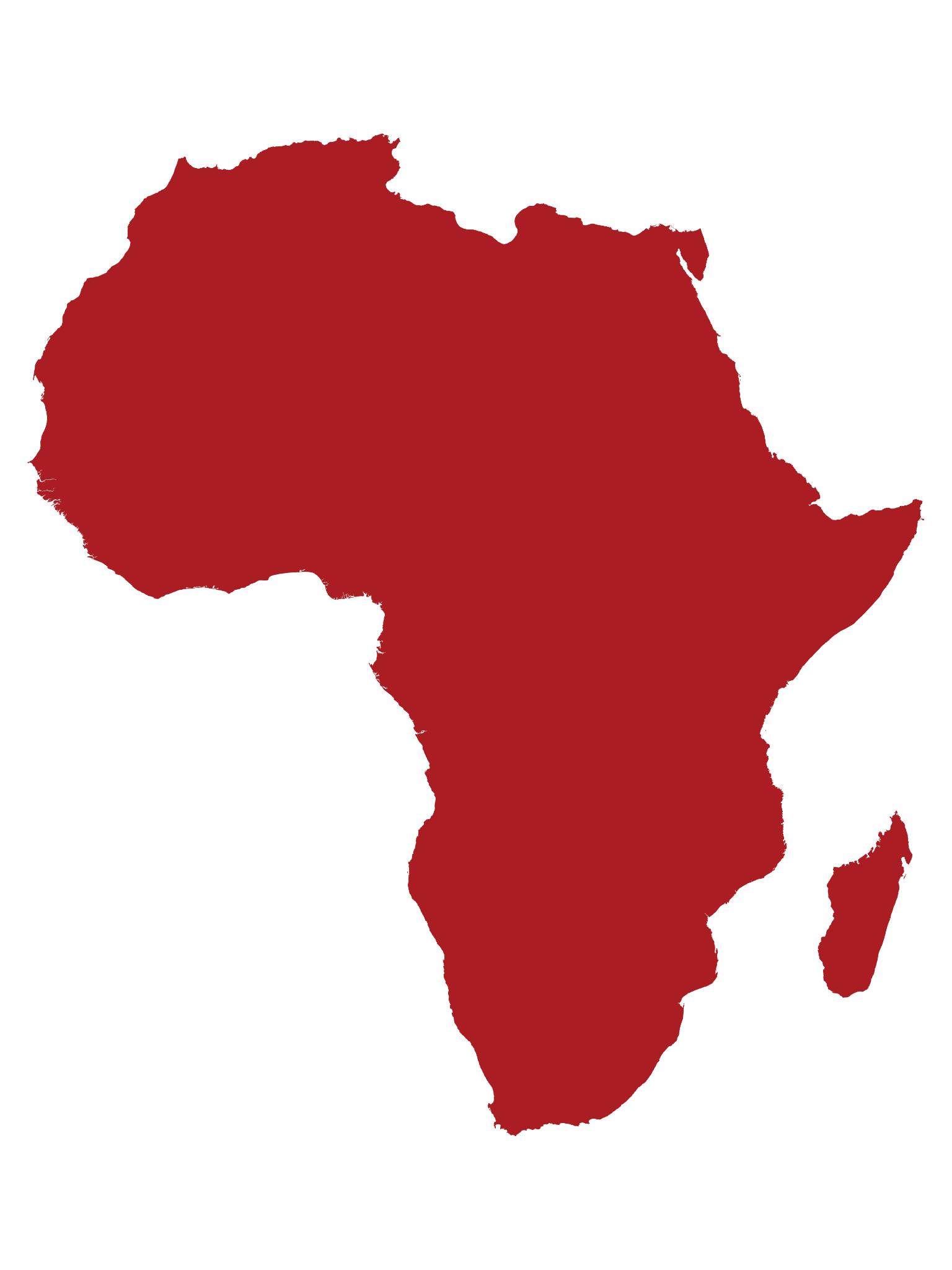
May 22-25, 2024
Nairobi, Kenya

TABLE OF CONTENTS
Welcome
Purpose and expectations
Our commitment to each other
The Africa Regional Convening
The Participants’ Bios
Program staff
Atlantic Institute Staff
Our Facilitators
Useful information for your trip
Nairobi Travel Guide
Photography and videography
Your outputs
The Hub and social media
Data management
About the Atlantic Institute

Welcome
We are honored to welcome you to Nairobi, Kenya, for the first Africa regional convening, Transforming Africa for Collective Prosperity. We are excited to visit Kenya for the first time, home to 12 Atlantic Fellows from our community
This convening is pivotal to the Atlantic Fellows community as it reaffirms our commitment to regional collaboration and action. We will lay the groundwork for cross-program, cross-continental collective action needed to dismantle inequities on the continent.
The Africa Regional Initiative (ARI), previously referred to as “The African Hub,” recognizes and celebrates the diversity of peoples across the continent and draws on their rich histories, Indigenous knowledge and experiences to advance (k)new solutions1 to address inequity while maintaining a global lens. The ARI supports Fellows2 and leverages our proximity and sharing ideas for meeting challenges, to catalyze collaboration and action, and accelerate development. The ARI also seeks values-aligned, relevant partners for the Fellows and we will explore the best technologies for building relationships.
Our convening will use three design strategies to further our goals: First, it will focus on deepening existing relationships and creating new ones. Secondly, we will use open space methodology, examples of change strategies and praxis, to exchange ideas and think about the next steps. Thirdly, to foster dialogue and explore ideas, we will engage in site visits to the Aga Khan University, Toolkit (a social enterprise), and the Feminist for Peace Rights and Justice Centre (FPRJ).
We hope you will enjoy your time in the beautiful city of Nairobi, make meaningful connections, be inspired and take some time for restoration and rejuvenation.
Asante,
The Atlantic Institute team
1 (K)new solutions draw on longer histories, knowledge and ways of being, but are also made possible by leaps in innovation to catalyze our community to thinking and acting through the wisdom we collectively hold and the possibility of the unimagined.
2 Five of the seven Atlantic Fellows programs recruit from the African continent (six Programs have Fellows from the continent) and Africa is currently home to over 200 Atlantic Fellows which is expected to increase as these Programs intensify recruitment from the continent.

Purpose and expectations
We define a “convening” as a gathering of people who engage in an authentic dialogue that is open and built on trust For a meaningful convening, we aim to create the right conditions for connecting across the different programs, disciplines, cultures and ideologies in the spirit of curiosity, reciprocity and collaboration. A place-based approach for stimulating connection and collaboration can transform the self and the group to provide the catalyst for action.
Thematic Convenings, hosted by the Atlantic Institute, are focused on finding (k)new solutions.
We create the conditions for:
Connection Providing the architecture and support for Fellows to intentionally connect, and establish relationships of trust for learning, collaboration and impact. Courageous content Providing opportunities for Fellows to engage with one another on equity-related topics that challenge their thinking, and perspectives to stimulate transformation and learning. Call to action Building on connections, courageous conversations and content, to act for greater impact, encouraging experimentation and testing
We expect anyone who attends our convenings to continue making connections with other Atlantic Fellows, to build new skills that lead to personal development, and to exchange knowledge and collaborate on projects for equity.

Our commitment to each other
● The global community of Atlantic Fellows and staff is a purposeful, values-driven endeavor that is making an impact for the benefit of others. It is also a gift exchange, with benefits as well as obligations. We ask that members of this community (all of us) give expression to our values in the following ways:
● Show up with kindness and integrity as you connect with people who bring different perspectives and experiences.
● Share your perspectives with authenticity, grace and care.
● Sometimes step back and listen to others to ensure space for perspectives/narratives/ stories other than your own.
● Engage in courageous conversations (including disagreement) with kindness and empathy deconstruct but also focus on rebuilding and (k)new solutions.
● Recognize your privilege and power, and take action to challenge the status quo and lived realities.
● Feel free to reimagine a (k)new world with others in this community.
● Be mindful of others’ privacy, being careful about what you share following an experience, particularly on social media if you are taking photographs of others.
● Be leaderly and respectful in the way that you honor the gift of the Atlantic community and, in particular:
● Show up on time for flights, transfers and programming. Be present and respectful of each other and the convenors.
● Be generous with your time and, where possible, your resources in the spirit of reciprocity.
● Be kind and gracious in the receipt of resources. It is a community of love, but the staff are not your personal travel agents or assistants!
● Share the results of your experiences as an Atlantic Fellow inside and outside of this community.
We hope that our time together will re-energize and (re)inspire you to continue changing the lives of your people and beyond.
Respectful and courteous behavior toward our dedicated staff is fundamental to our Institute’s ethos Fellows are kindly reminded that any abuse or mistreatment of staff members may lead to you being requested to leave the workshop.

The Africa Regional Convening
The primary objective of the convening is:
To foster greater connections and collaboration among African Atlantic Fellows, addressing common challenges and maximizing opportunities for sharing resources to achieve more by working collectively.
Other aims:
● The continent faces urgent challenges concerning leadership and governance, health and climate, and citizenship inequities. We will discuss ways of finding solutions, with possible interventions and actions.
● Working with a group of current Fellows as well as thinkers and practitioners outside of our community, we will draw on their collective wisdom and expertise, using a “Hackathon” or “Action Lab” approach Fellows will present their proposed policy solutions and then harness the support and ideas of others to expand the frontiers of our collective knowledge.
● We will consider how Fellows can work with others in our global Atlantic Fellows community to reduce inequities. In particular, we look to foster peer-to-peer relationships in the global south.
● New opportunities will be created for Fellows with partners on the continent to expand their resources and networks.
● We will explore the potential of emerging technologies (in particular, “extended realities”) for our work on the continent.
● East Africa (in particular Kenya) will be a case study for examining some contradictions of the African continent, highlighting its challenges but also its potential for a better future

Our Learning Goals
● We deepen our understanding of public policy as a tool for transforming societies. We will look at examples and ideas offered by a Hackathon or Action Lab.
● We are clearer about some of the successes and challenges of policy interventions, using the African Continental Free Trade Area agreement as an example to explore possibilities of regional integration for the future.
● We learn how emerging technologies might be used on the continent to further our objectives.
● We will gain a better overview of contemporary Africa. It is a diverse continent but we will look at the political, social and economic situation in different African states, particularly focusing on Kenya and East Africa.


Day 1:Welcome and Connection
08:00-09:00 Morning Wellness activities -Yoga -Nature walk
10:00 Welcome Welcome to Nairobi Framing the week Patronella
10:30 Acknowledgment of Place: Keynote address followed by a Q&A Multi-faceted Dynamics of Kenya's Influence in Africa: Exploring its Political, Economic and Social Significance James Muraguri in conversation with Dr Abraham Korir Sing’Oei
11:30 Body break
11:45 Who is in the room? Introductions and purpose All
12:30 A Global Majority Exploring Solidarity in the Current Political Climate Fellows
13:30-14:30 An XR demonstration (each for 30 mins)
Watch the virtual reality documentary “Noah’s Raft” by Joel Kachi Benson
We will invite two groups to have a shared virtual reality experience. Sign up required Lunch
14:30-15:00 Travel to the central business district
15:00-17:40 Walking Tour: Let's Drift
18:00-21:00 Welcome Dinner at the Fogo Gaucho restaurant

Day 2: Looking to the future
08:00-09:00 Morning Wellness activities Yoga Nature walk
08:30-10:00
XR demonstration
Watch the virtual reality documentary “Noah’s Raft” by Joel Kachi Benson
Two groups each have 30-minute slots
Sign up required
10:00 Morning check-in Reflections and dialogue Patrick and Wangeci
10:45
Panel discussion Regional Integration within the African Continental Free Trade Area (AfCFTA): A Case Study of the Cotton, Textile, and Apparel Regional Value Chain
12:15 Body break
12:30
Panel discussion Africa's Future Transformed? The Rise of Emerging Technologies
13:30 Lunch
14:30-15:00 Travel to sites
15:00-17:00
Dr. Noncedo Vutula
Phyllis Wakiaga
Dr. Papa Dembe Thiam
Facilitator: Maureen Sigauke
Judith Okonkwo
Joel Kachi Benson
Dr. Rendani
Mamphiswana
Fola Adeleke
Facilitator: Deepa Mann-Kler
Visit Feminist for Peace Rights and Justice Centre
Visit Aga Khan University to see a GBHI Project
Visit The Toolkit - learning farm skills, Kikuyu
18:00-20:00 Dinner: Cafe Kigwa
20:30 Indigenous games night

Day 3: Our Proposed Solutions
06:00-09:00 Morning Walk Karura Forest
08:30-10:00 Wellness activities All
10:00 Morning Check-in Reflections and dialogue Patrick and Wangeci
10:45-11:45 Open Space/Breakout Rooms
Policy Lab
The Politics of Language:learn KiSwahili
Lead by: Cedric Brown and Wambui Karanja
Regional Integration LGBTQI African refugees at Kakuma Camp Facilitated by Kelly-Eve and Lucretia
11:45-12:00 Body break
12:00-13:30 Activity: making a virtual reality film using a 360-degree” camera Sustainability Climate Change Building Better Health Systems
13:30-14:45 Lunch
14:45-16:00 Activity: Policy Lab Wise Counsels
16:00-18:00 Free Time
18:00-20:00 Self-organized meal or go to Nairobi Street Kitchen

Day 4: Dreaming up the Future
08:00-09:00 Morning Wellness activities Yoga Nature walk
10:00 Morning Check-in
Reflections and dialogue Patrick and Wangeci
11:00-12:30 Dreaming up our future Small group reflections Resource mapping and next steps
12:30 - 12:45 Body break
12:45-13:15
Activity: watch your virtual reality film
Drop in during this time to view the footage you shot the previous day. The film will be about 2-3 minutes long.
13:15-14:15 Lunch
14:15-14:45 Closing Circle
15:00-17:00 In and around Nairobi (Optional visits)
Nairobi National Museum
Village Market
Oloolua Nature Trail
Nairobi Gallery
African Heritage House Free Time
18:30 Closing Dinner: Nyama Choma Ranch

The Participants’ Bios
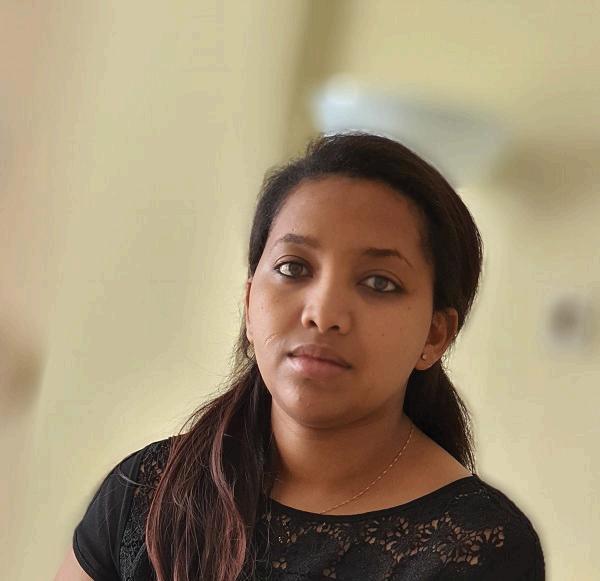
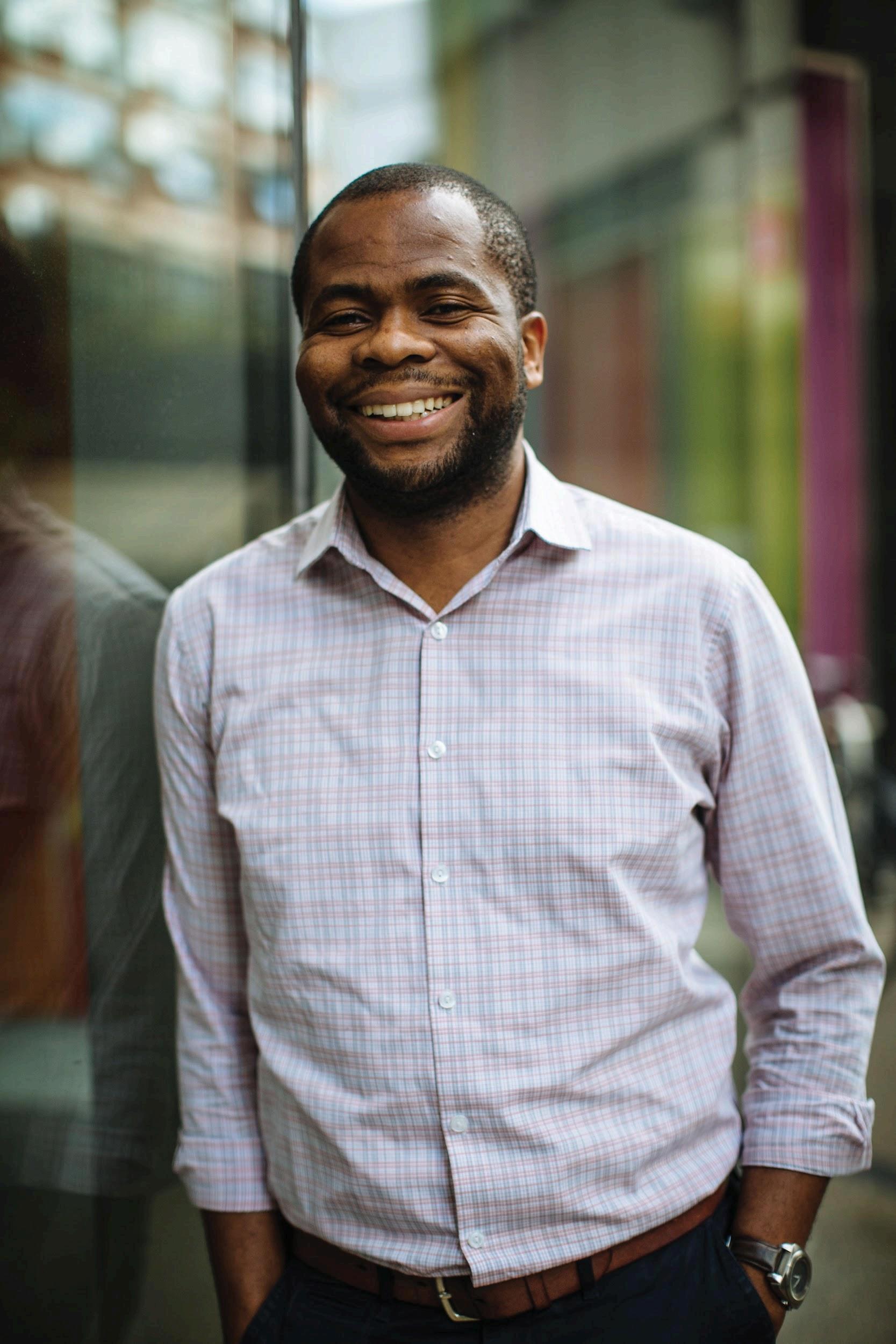
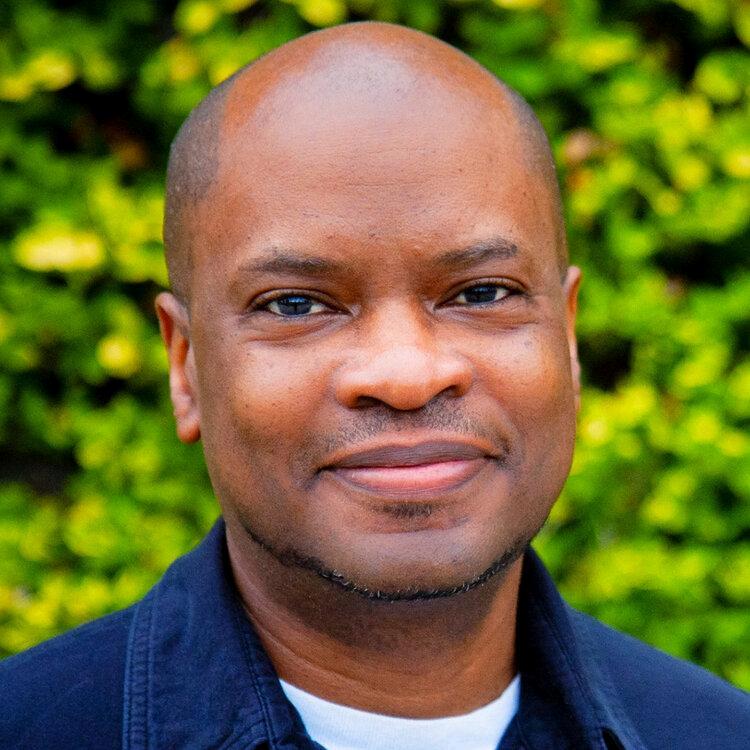
Meron Sisay Abey — Atlantic Fellow for Equity in Brain Health
An arts in health practitioner, theater producer, director and writer, based in Ethiopia.
Designing and promoting art-based interventions and culturally oriented prototypes to enhance the health care system for mental health, dementia, Down syndrome, and post-conflict trauma. She promotes study, application and training in arts in health
Fola Adeleke Atlantic Fellow for Social and Economic Equity
Data privacy lawyer, based in Canada
Working on transparency and corporate accountability; with a current focus on the monetization of our personal data and its impact on the right to privacy and access to information.
Cedric Brown Atlantic Fellow for Racial Equity
Vice president, Global Leadership Programs, Obama Foundation, based in North Carolina, U.S.
Promoting leadership development in social impact and cultural spaces globally, with a special interest in the African diaspora.
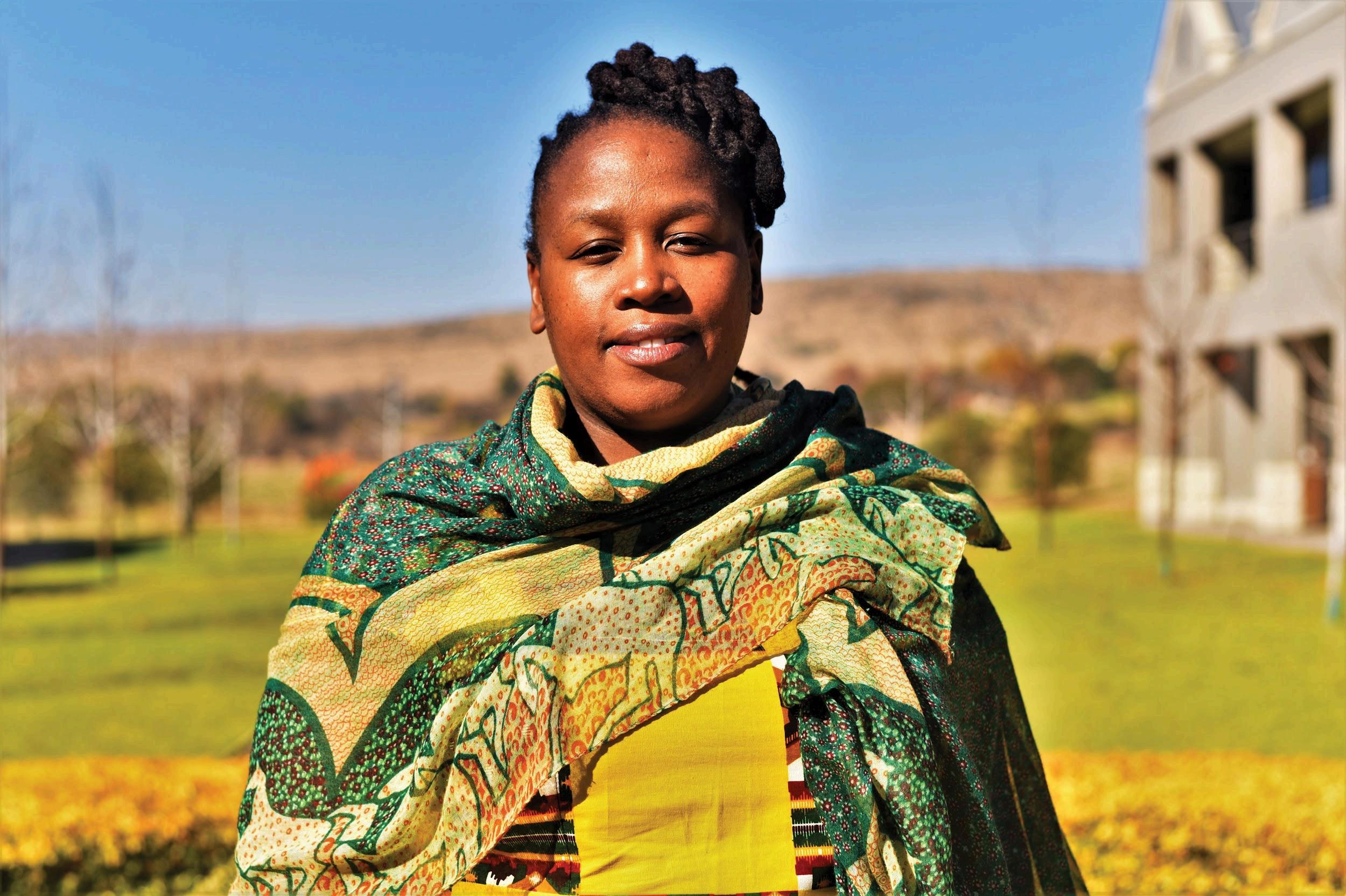
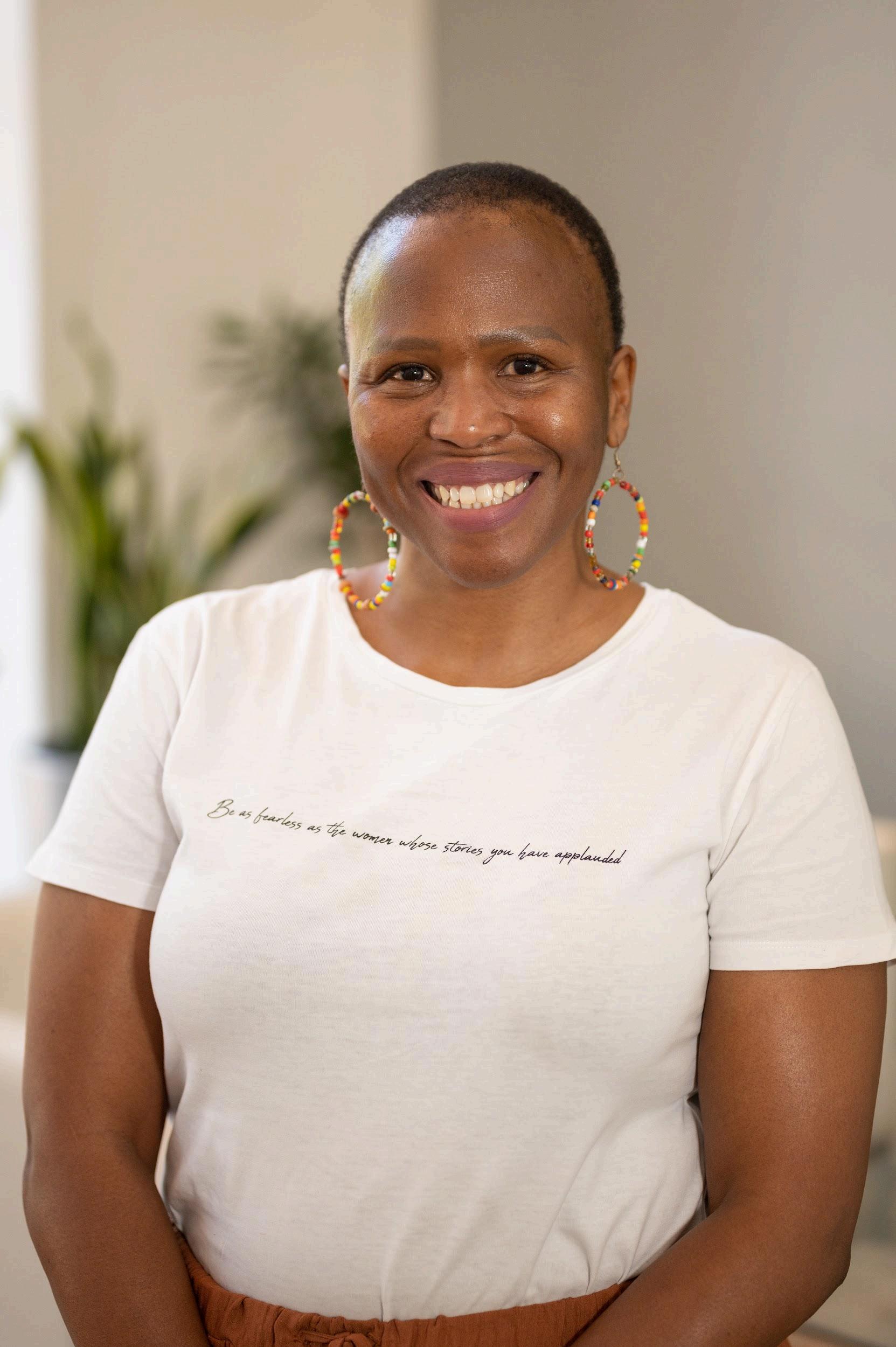
usisiwe Dlamini Atlantic Fellow for Racial Equity
alogue practitioner, based in Johannesburg, South Africa
eating sustainable models for social justice work and cross-sectoral llaboration, and facilitating dialogues focused on race, social justice and ansformation.
Amanda Fononda Atlantic Fellow for Health Equity in S. Africa
Program director, TB program, Johannesburg, South Africa
Implementing the finding TB missing cases strategy to end TB by 2030, funded by the National Department of Health through the global fund to fight aids, tuberculosis and malaria

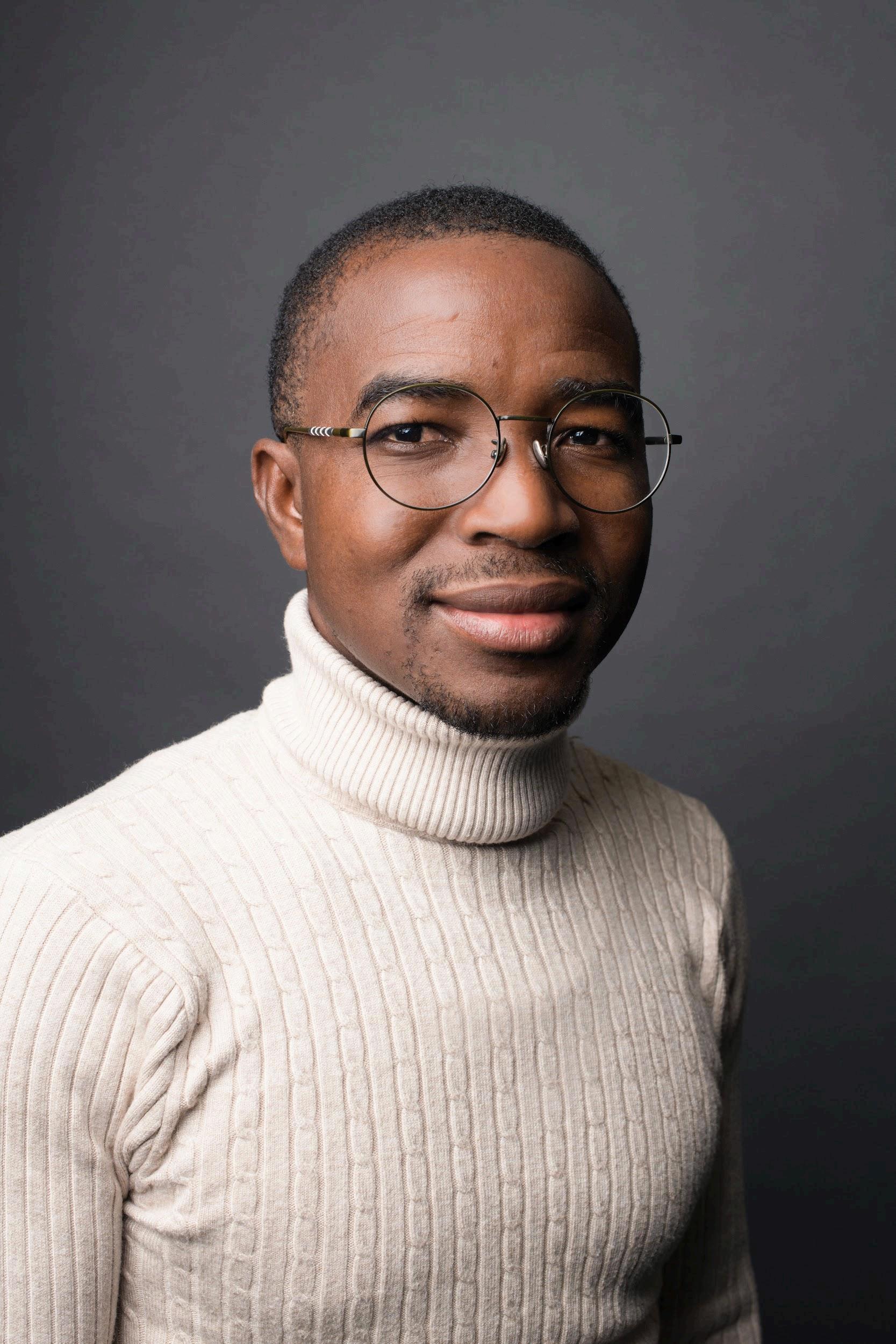

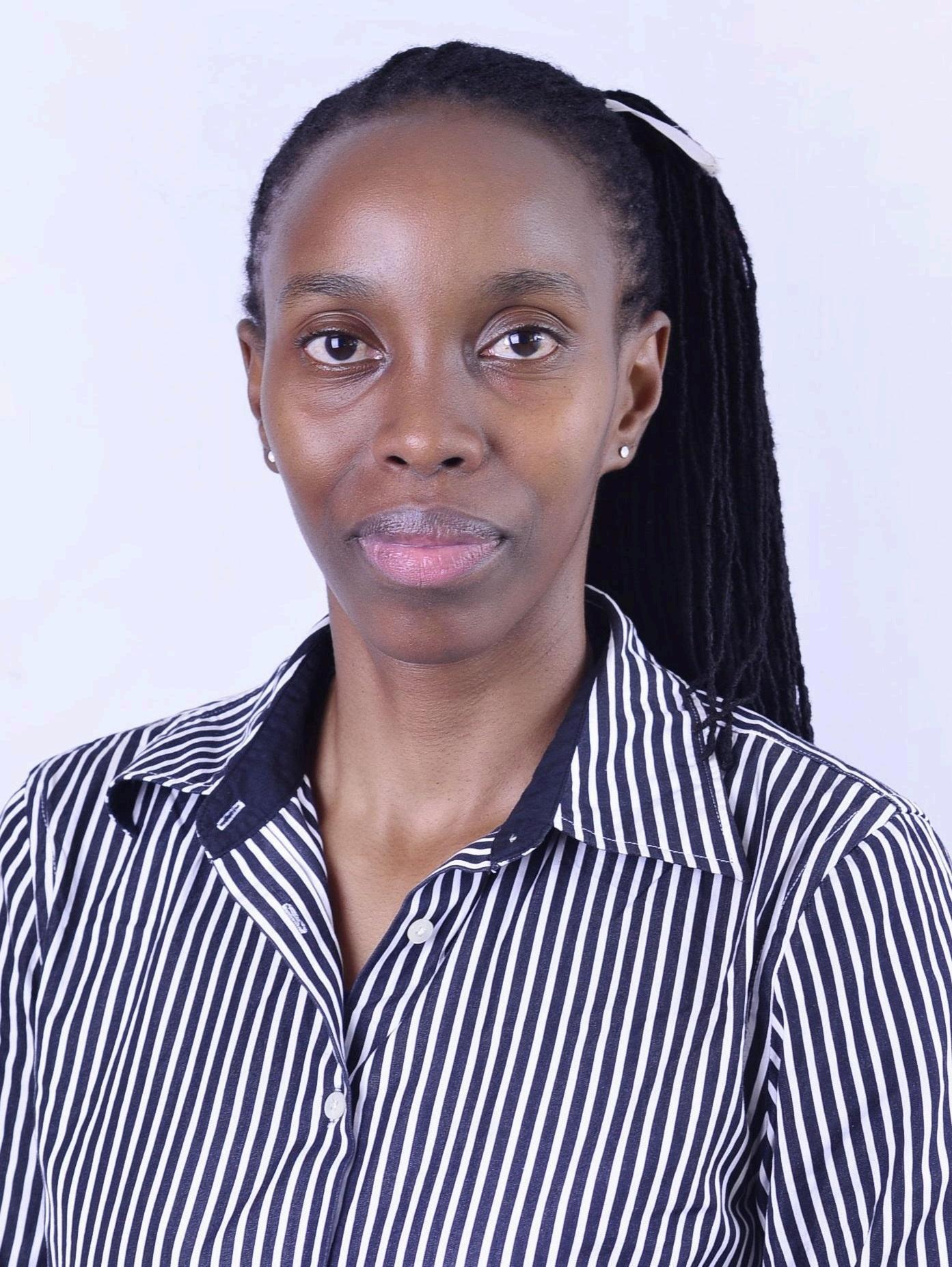
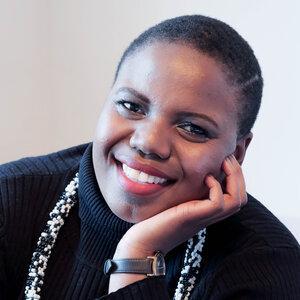
Abraham L.B. Freeman Atlantic Fellow for Health Equity U.S.+ Global
ounder, Environmental Rescue Initiative, based in Liberia
ngaging underserved communities to recognize environmental eterminants of health and health equity. Adopting innovations that lead o improvement in plastic waste management in Liberia.
Hyeladzira Garnvwa Atlantic Fellow for Health Equity U.S.+ Global
enior adviser, ThinkWell Global, based in Nigeria
romoting high quality and equitable access, and the delivery of primary health care through developing strategic actions and using evidence to shape national policy.
Muthoni Gichu Atlantic Fellow for Equity in Brain Health
Head, Palliative and Aged Care, Ministry of Health, Kenya
Developing policies and strategies that support the strengthening of the health system in response to an aging population and dementia.
Musa Gwebani Atlantic Fellow for Racial Equity
Policy officer, European Union Delegation to South Africa, Johannesburg, South Africa
Elevating issues of migration, regional integration and the strengthening of a civil society that can add vibrancy to South Africa’s democracy.
Georgia Haddad Nicolau Atlantic Fellow for Social and Economic Equity
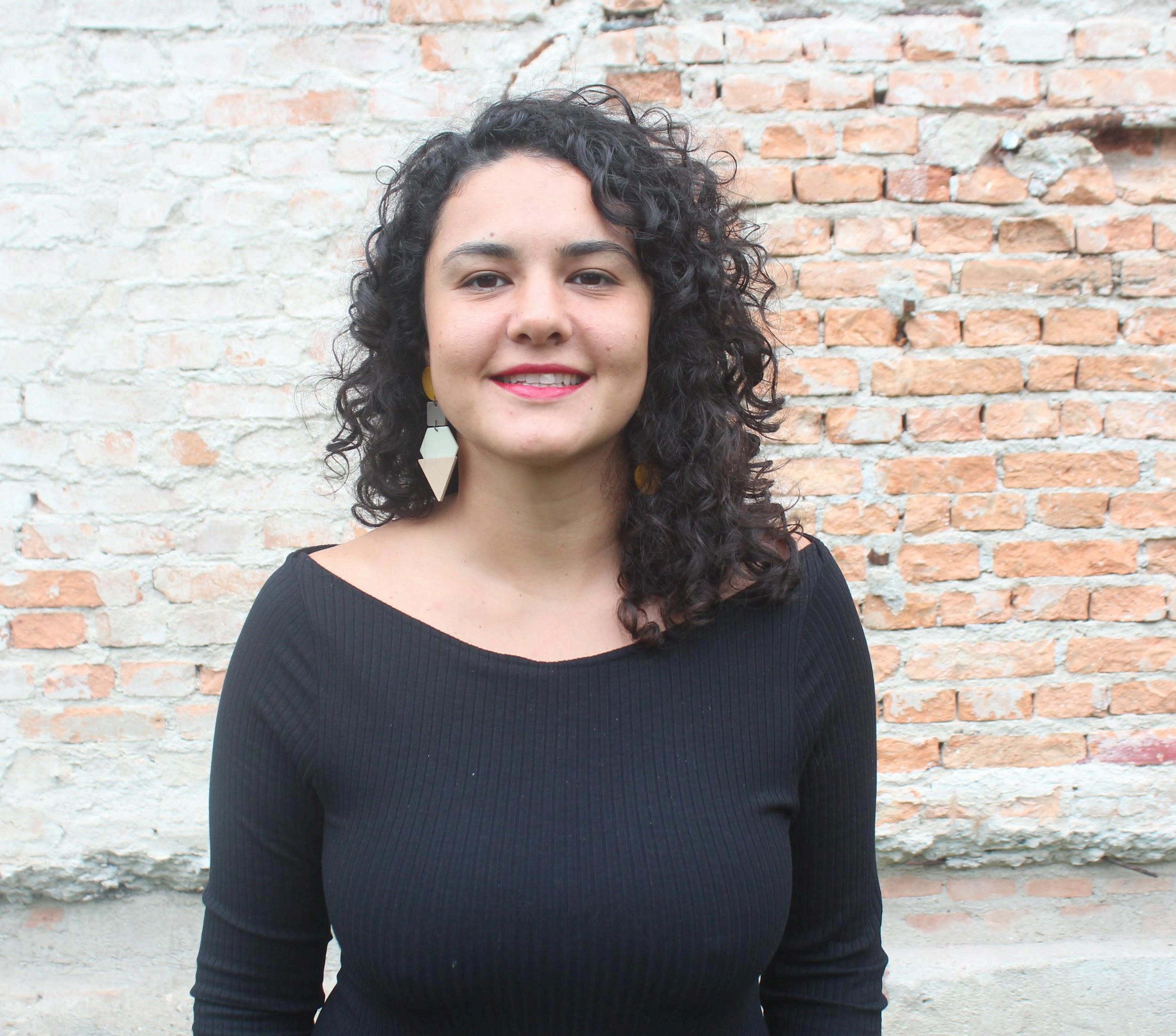
Director and co-founder, Instituto Procomum; strategic dialogue acilitator for civil society organizations, based in Brazil
Working for the Commons; founder/project director of the Procomum nstitute, an organization focused on culture, technology, politics and citizenship.

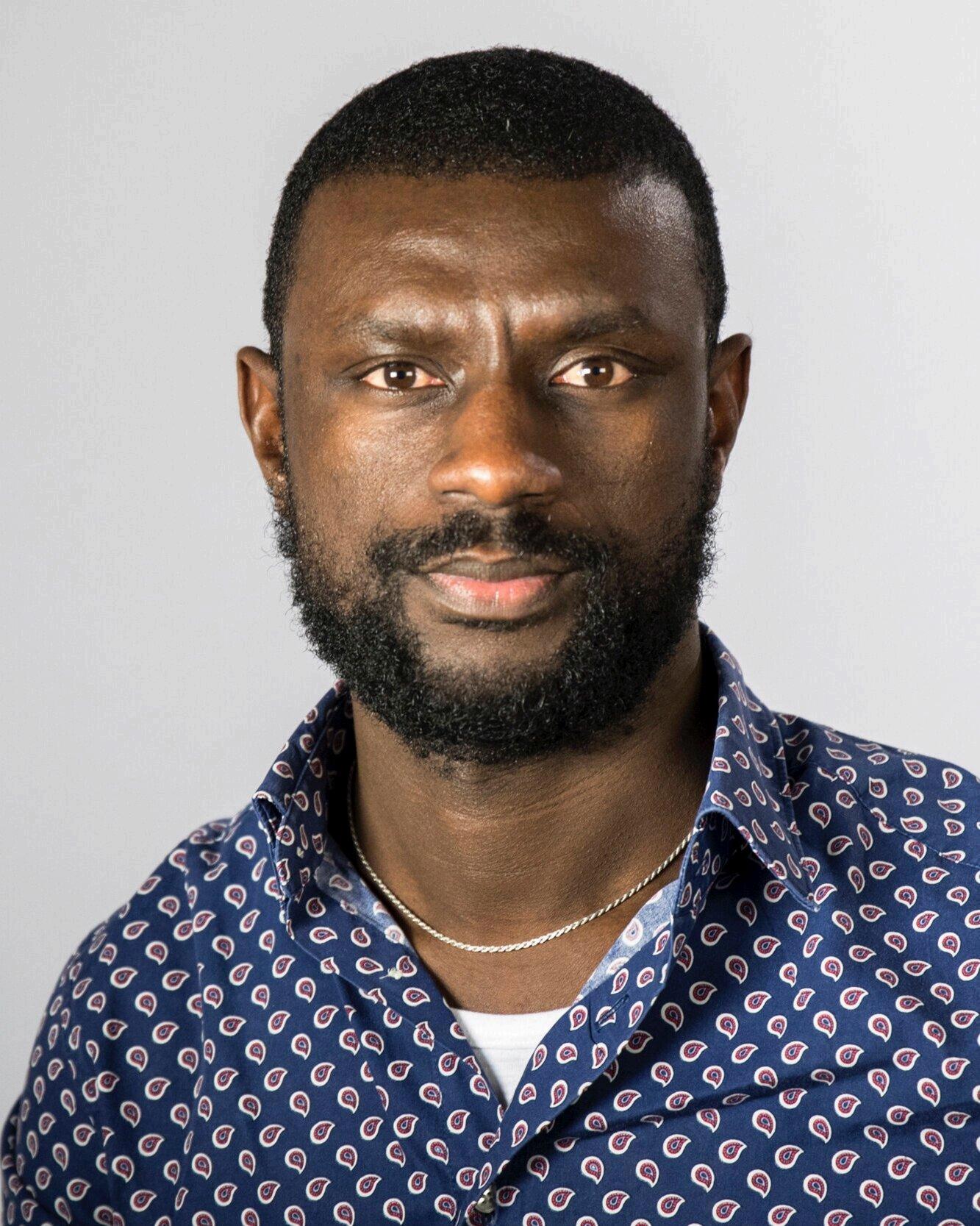
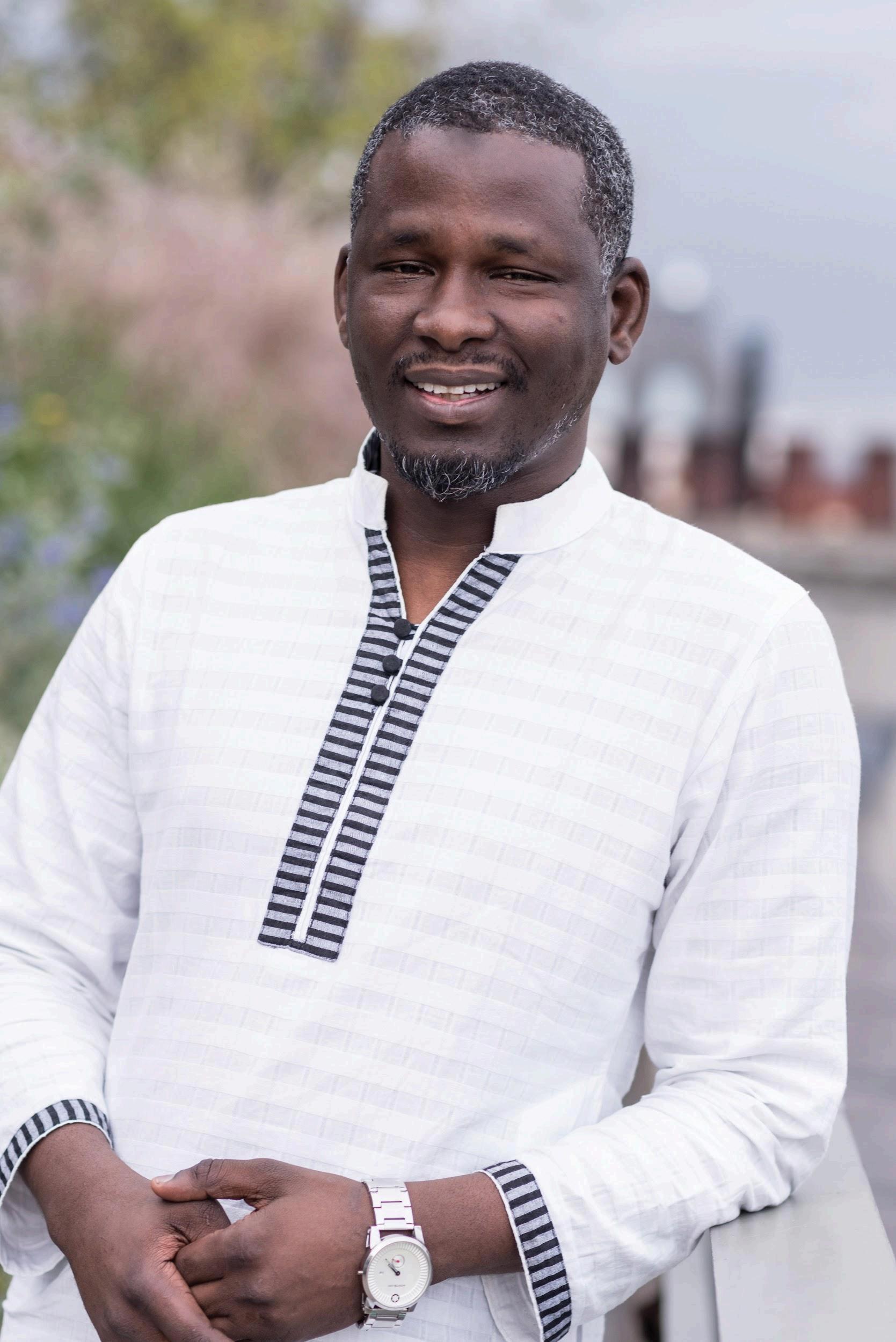
Makmid Kamara Atlantic Fellow for Social and Economic Equity
Director, Africa Transitional Justice Legacy Fund, based in Ghana
Working with national and international development and human rights organizations in Africa and the U.K. to advance human rights and transitional justice.
Elimane Kane Atlantic Fellow for Social and Economic Equity
Founder and chairman, LEGS-Africa (Leadership, Ethics, Governance, Strategies for Africa), based in Senegal
Nurturing leadership against inequality through democratic and economic governance policies and systems-monitoring research into public-private power relations in extractive industries, and through promoting young entrepreneurs.
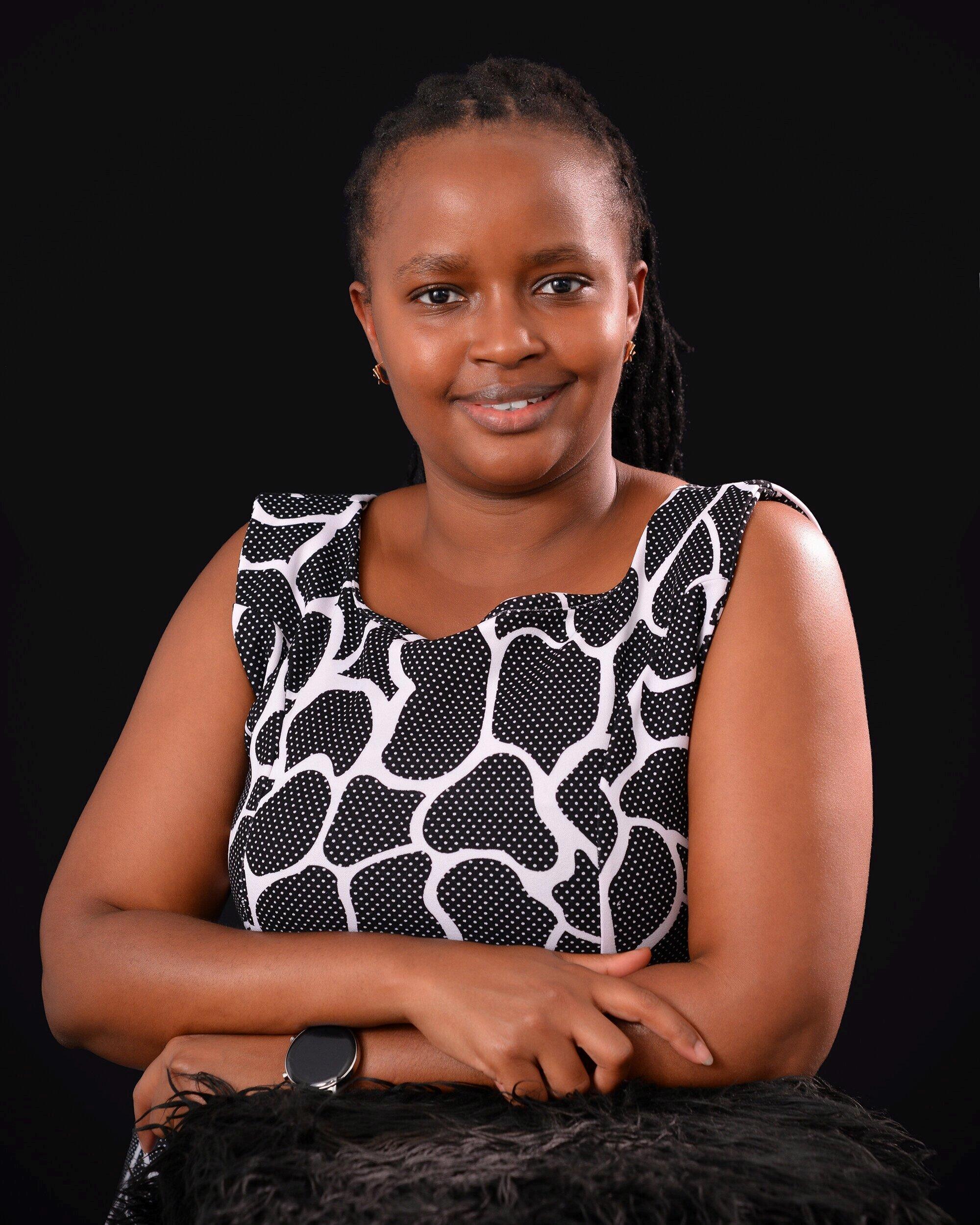


Caroline Kioko Atlantic Fellow for Social and Economic Equity
Gender equity and social inclusion manager, Porticus Global, Nairobi, based in Kenya
Developing structures through policies, strategies, and operational rameworks that are inclusive and enable equity for all genders and the socially excluded.
Kelly-Eve Koopman Atlantic Fellow for Racial Equity
Director and co-creator, Coloured Mentality, based in Cape Town, South Africa
Driving social transformation through Coloured Mentality, a community media platform that has become a unique interactive storytelling space for South Africa's Colored communities.
Nangamso Koza Atlantic Fellow for Health Equity in S. Africa
Education development strategist/ independent consultant, South Africa
Promoting community-driven and school-focused health education programs in marginalized communities, with a particular interest in providing a decolonized education system and alternative education models.

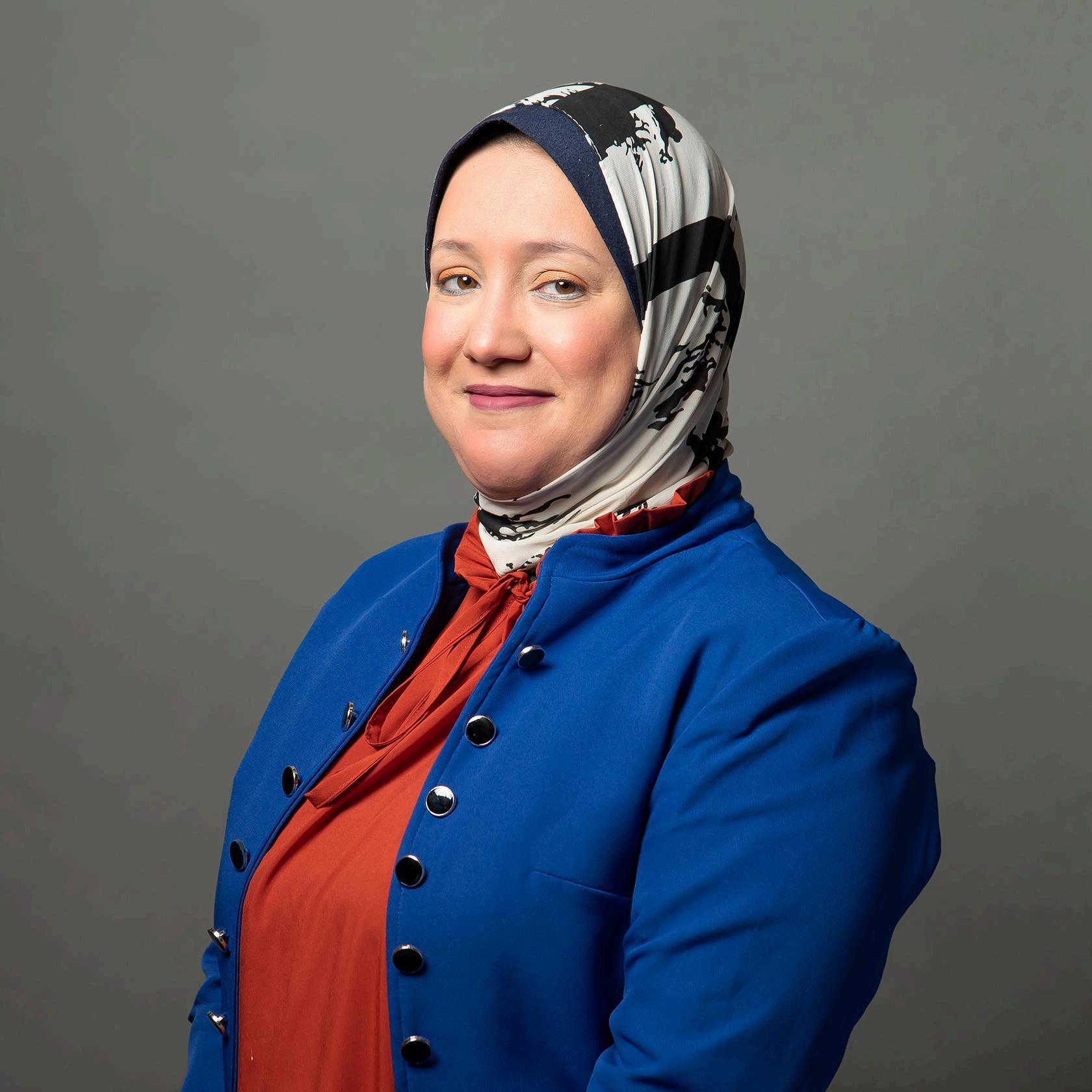

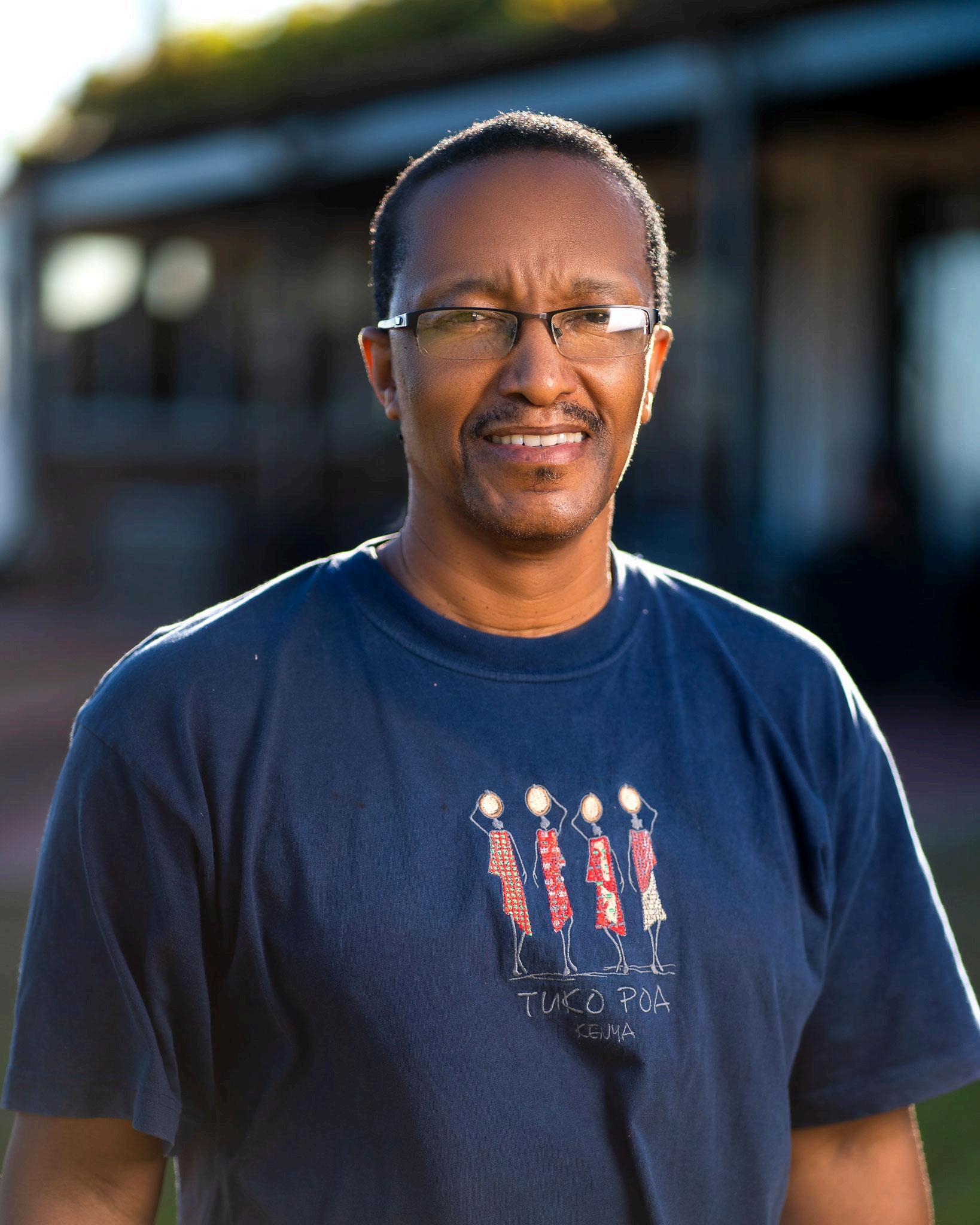
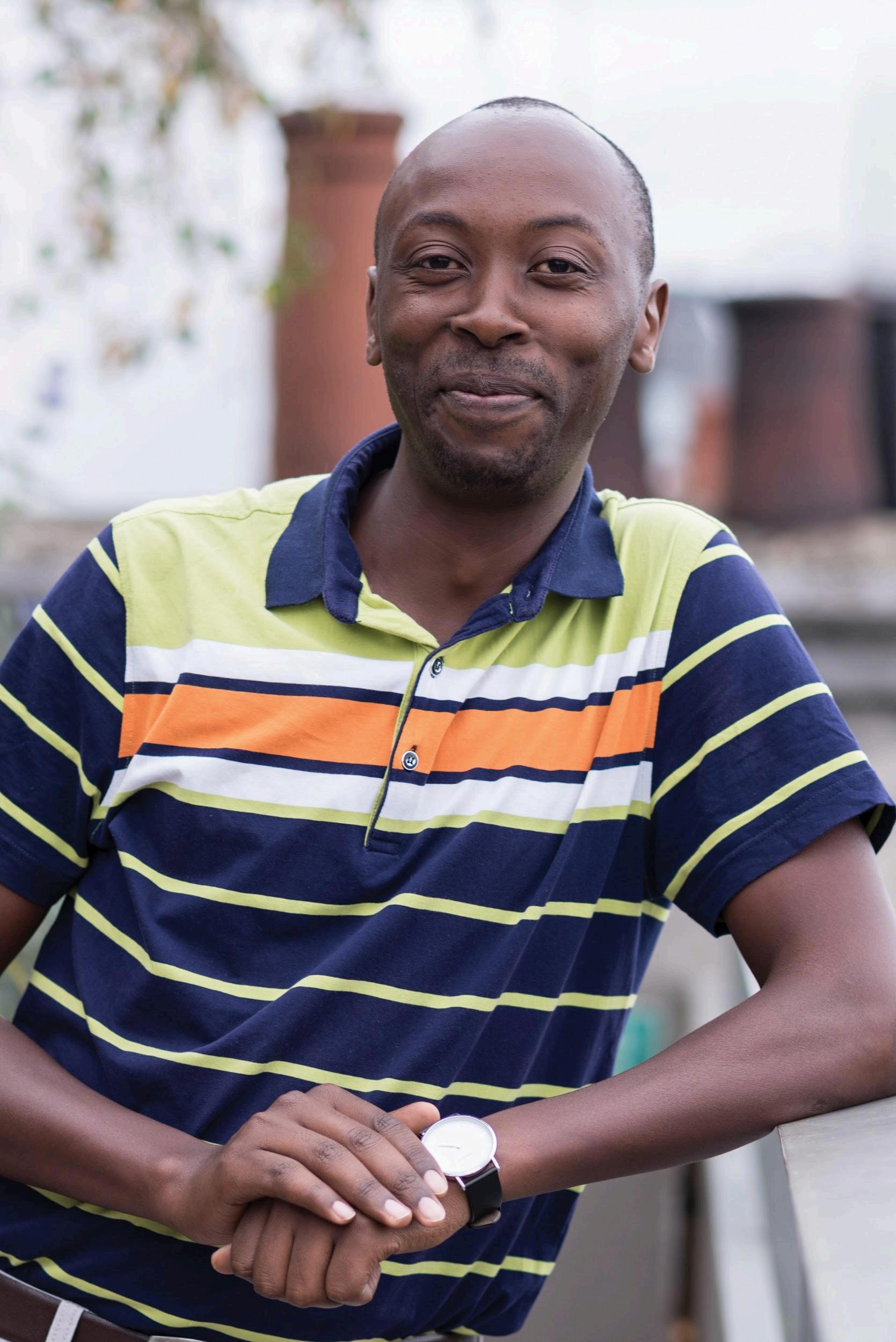
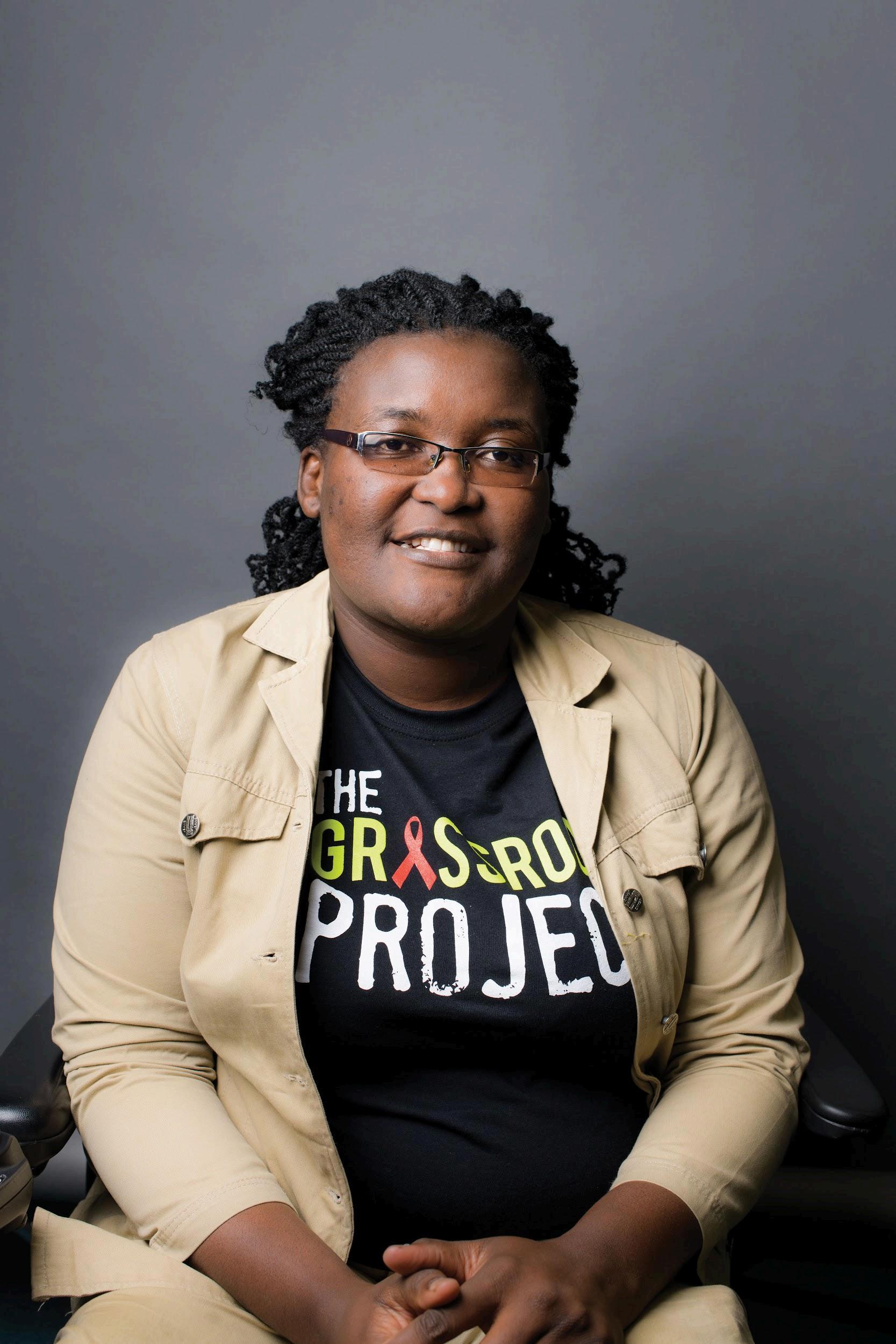
Naglaa Fathy Lithy Atlantic Fellow for Health Equity U.S.+ Global OSRA program manager, Egyptian Red Crescent, based in Egypt
Building capacity for young health care stakeholders to be “champions of hange” for health awareness and equity using “gamification.”
Thato Helmut Mathabathe Atlantic Fellow for Health Equity in South Africa
Procurement and supply chain management specialist, National Department of Health Global Fund (South Africa)
Contributing toward medicine access expansion using pharmacy innovation and technology.
Lebo Molete — Atlantic Fellow for Health Equity in South Africa
Founding member, PHELA (Public Health Education, Liaison and Advocacy) Foundation, South Africa
Facilitating the inclusion of patients as a prominent stakeholder group in the development and implementation of health services and strategic health policies.
James Muraguri Atlantic Fellow for Social and Economic Equity
Founder and chief executive officer, Institute of Public Finance Kenya
Focusing as a public finance practitioner on how public finance management can address inequalities at both national and subnational governmental level.
Mildred Omino — Atlantic Fellow for Health Equity U.S.+ Global Administrator, University of Nairobi, Kenya
Advocating for the sexual and reproductive health rights of girls and women with disabilities in Kenya.

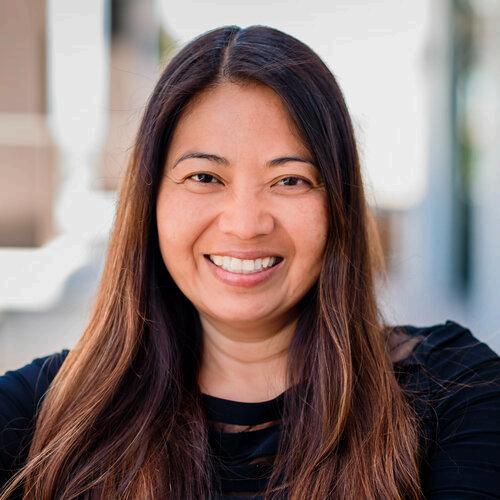
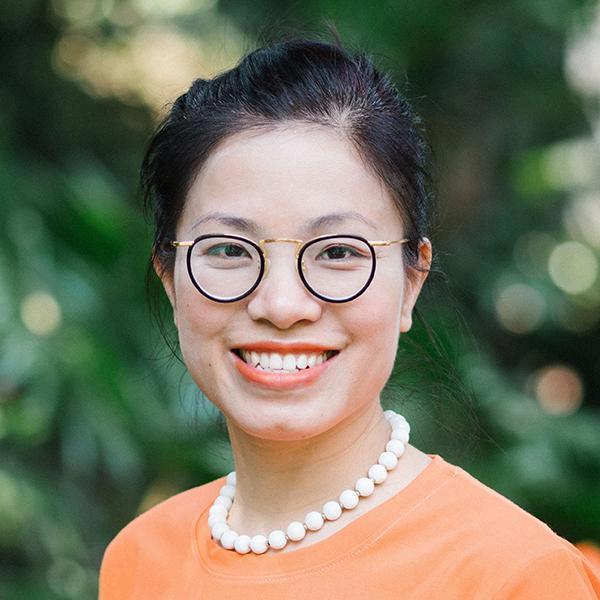
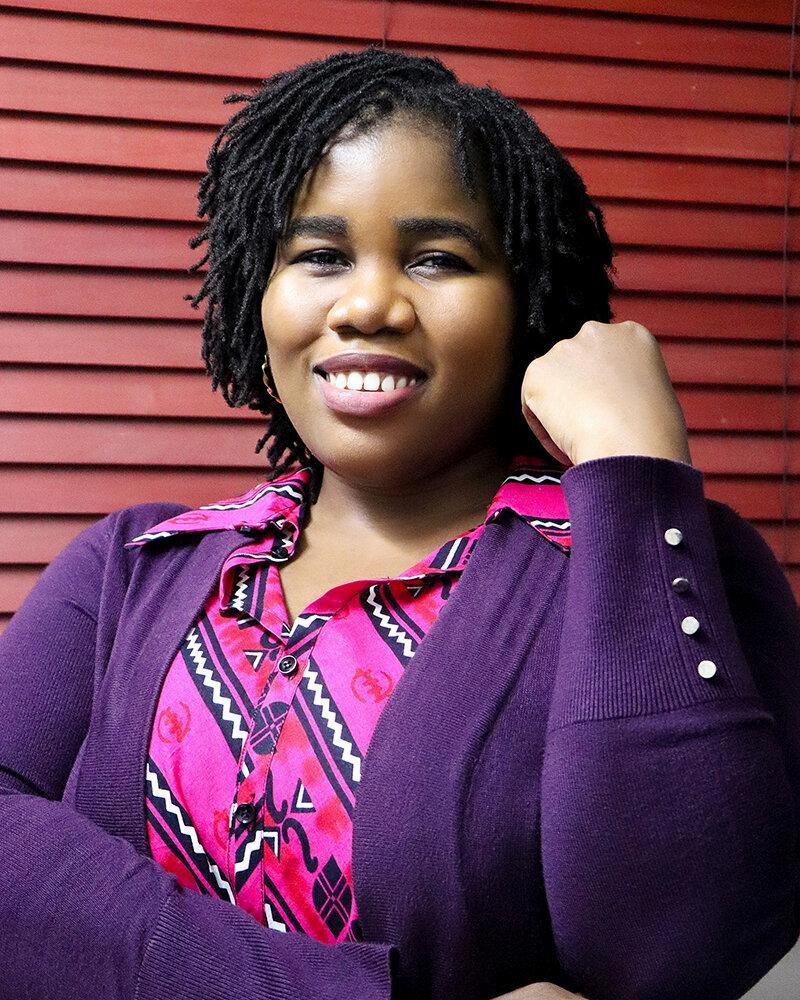
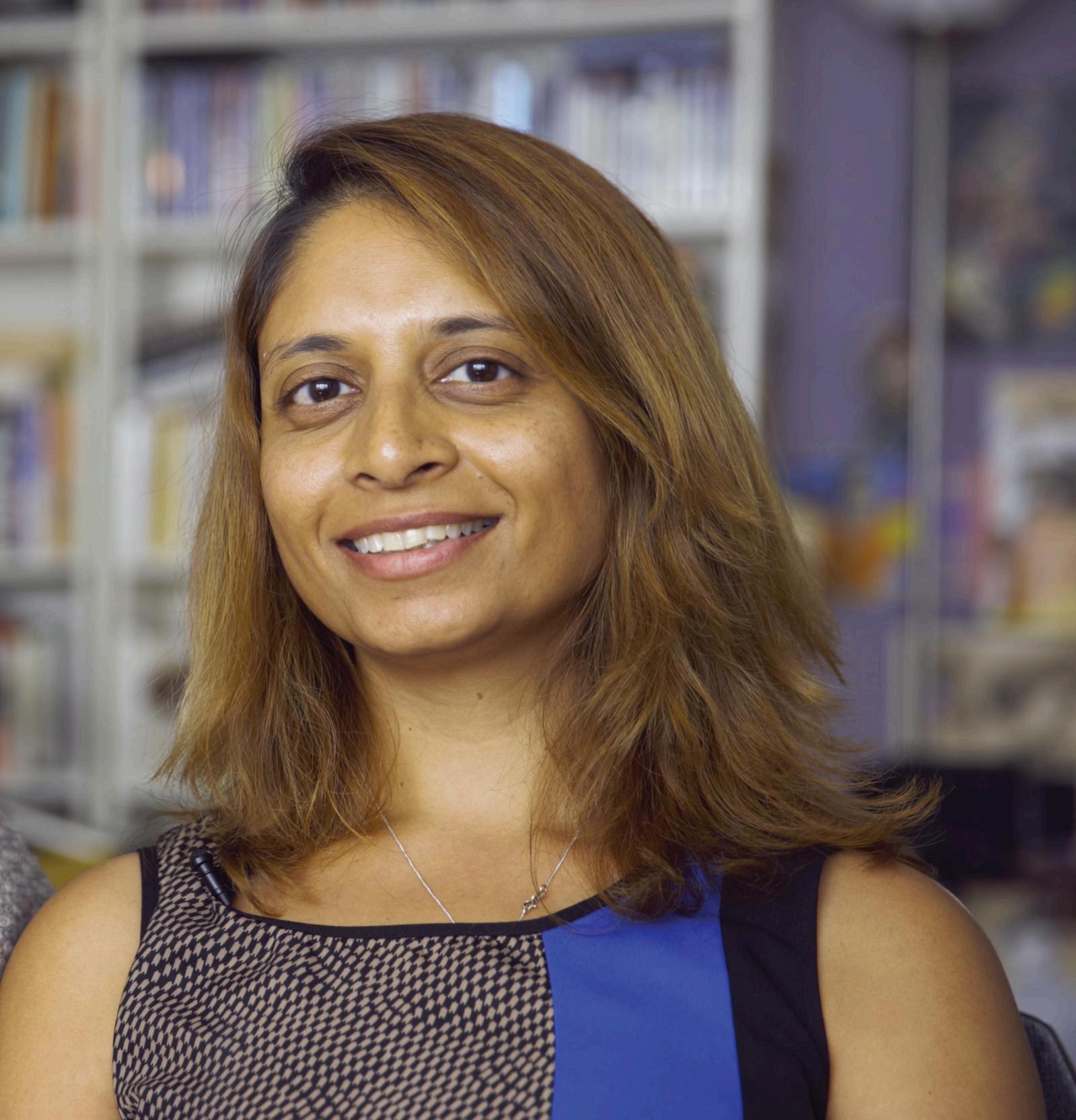
Daranee Petsod Atlantic Fellow for Racial Equity
Senior Adviser, Thailand
Catalyzing and incubating multisector initiatives to advance long-term solutions to urgent issues facing the United States and achieve equitable outcomes for Black, Brown and other historically underserved communities.
Pham Thi Ngoc Bich Atlantic Fellow for Health Equity in Southeast Asia
Founder, Slow Food Community in Hanoi, Vietnam; founder, CEO for MuaVe Collective
Promoting/advocating good, clean and fair food for all, food culture exchange and green and open public spaces.
Jite
Phido
Atlantic Fellow for Social and Economic Equity
Senior program manager for innovation, Results For Development, U K
Challenging dominant norms of global philanthropy in innovation, and analyzing equitable and inclusive funding practices that emphasize local voice, power, and agency for leading systems transformation.
Kirti
Ranchod
— Atlantic Fellow for Equity in Brain Health
Neurologist, South AfricaMaking brain health practical and relevant. Promoting an understanding of traditional and cultural practices that promote brain health.


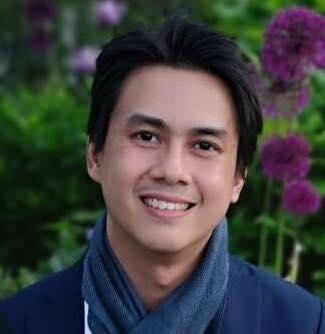
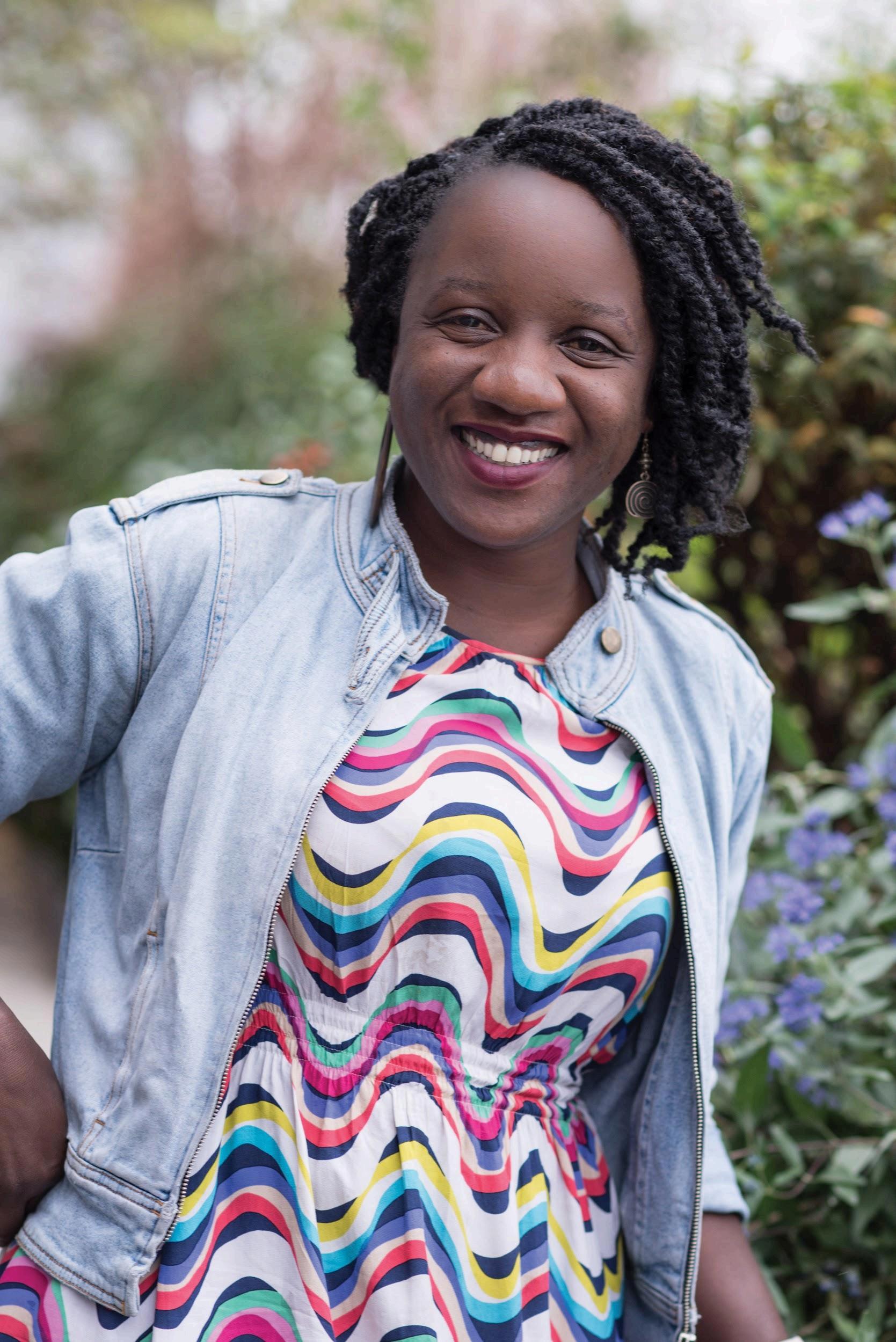
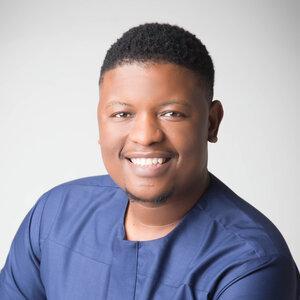
Mohammed-Anwar Sadat Adam Atlantic Fellow for Social and Economic Equity
Programs and policy influencing lead, Oxfam, Ghana
Working with civil society in designing national, regional, and global influencing strategies, coalition- and network-building to influence governments, international institutions, private sector, and other institutions.
Ittinat Seeboonruang Atlantic Fellow for Health Equity in Southeast Asia
National consultant, Deutsche Sparkassenstiftung for International Cooperation (DSIK), based in Germany
Providing consultancy in workshop design and delivery, strategic planning and leadership training; as a process facilitator specializing in mental health, he combines music therapy approaches into group process work.
Maureen Sigauke Atlantic Fellow for Social and Economic Equity
Social justice, labor and community activist; consultant, Zimbabwe
Leading/facilitating community-based initiatives to strengthen community cohesion and participation in interrelated socio-economic issues, with a focus on children and youth education. Advocating inclusion and leadership for vulnerable groups.
Siyanda Siko — Atlantic Fellow for Racial Equity
Head of sustainability programs, Sibanye-Stillwater, South Africa
Facilitating a just transition to a post-mining economy that is socially inclusive, environmentally sustainable and economically diversified in the southern Africa region.

Program staff
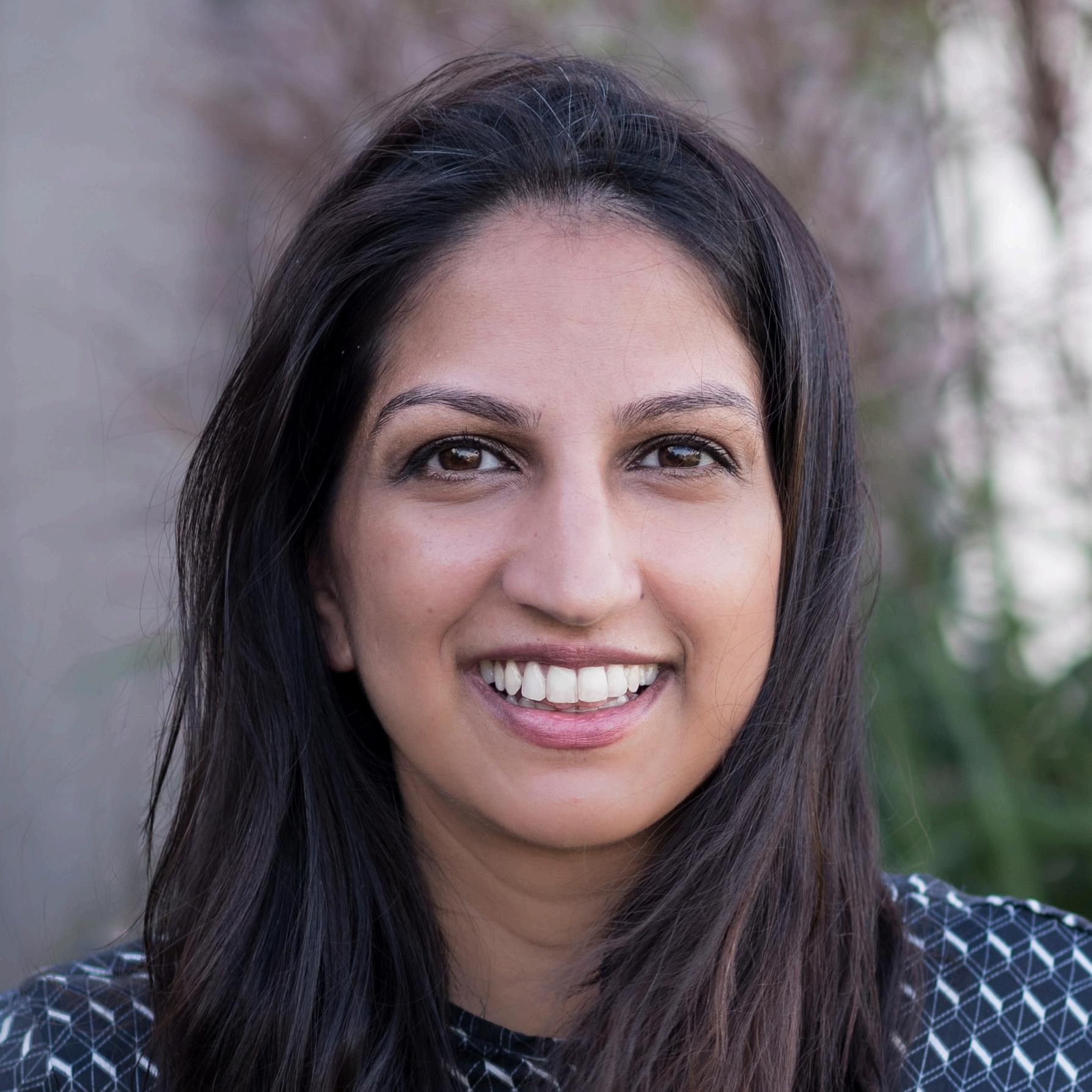
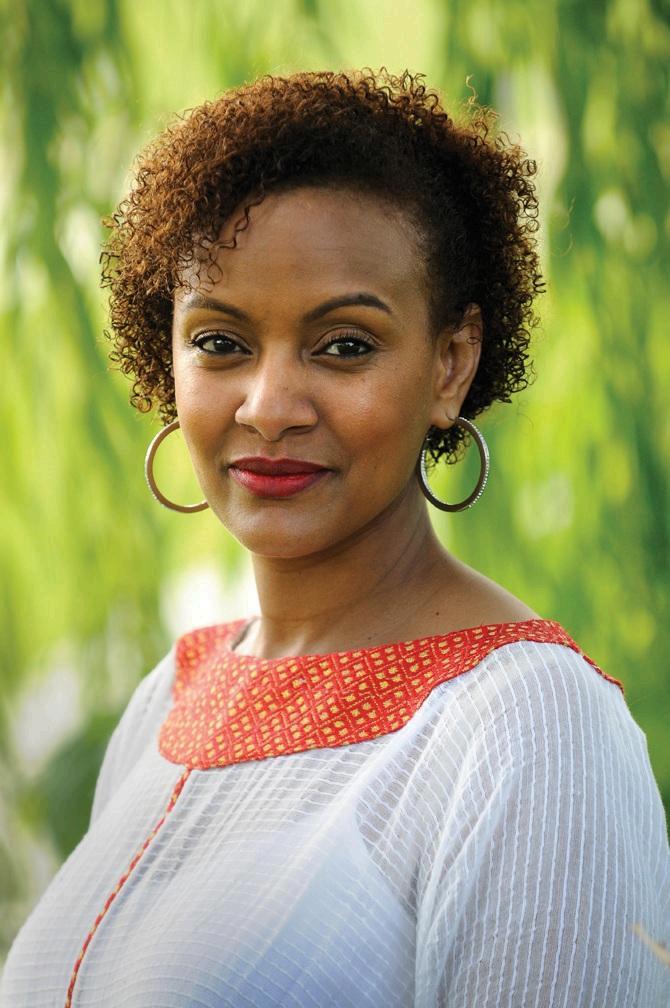
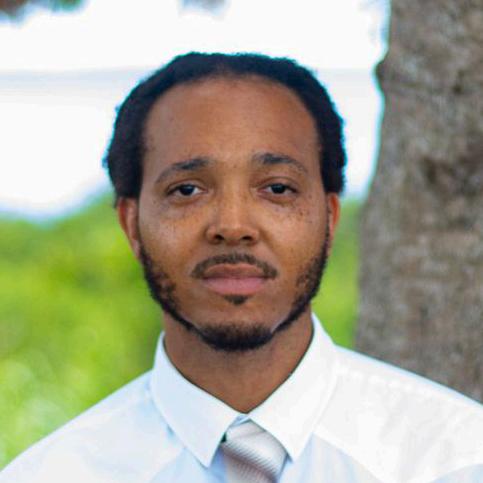
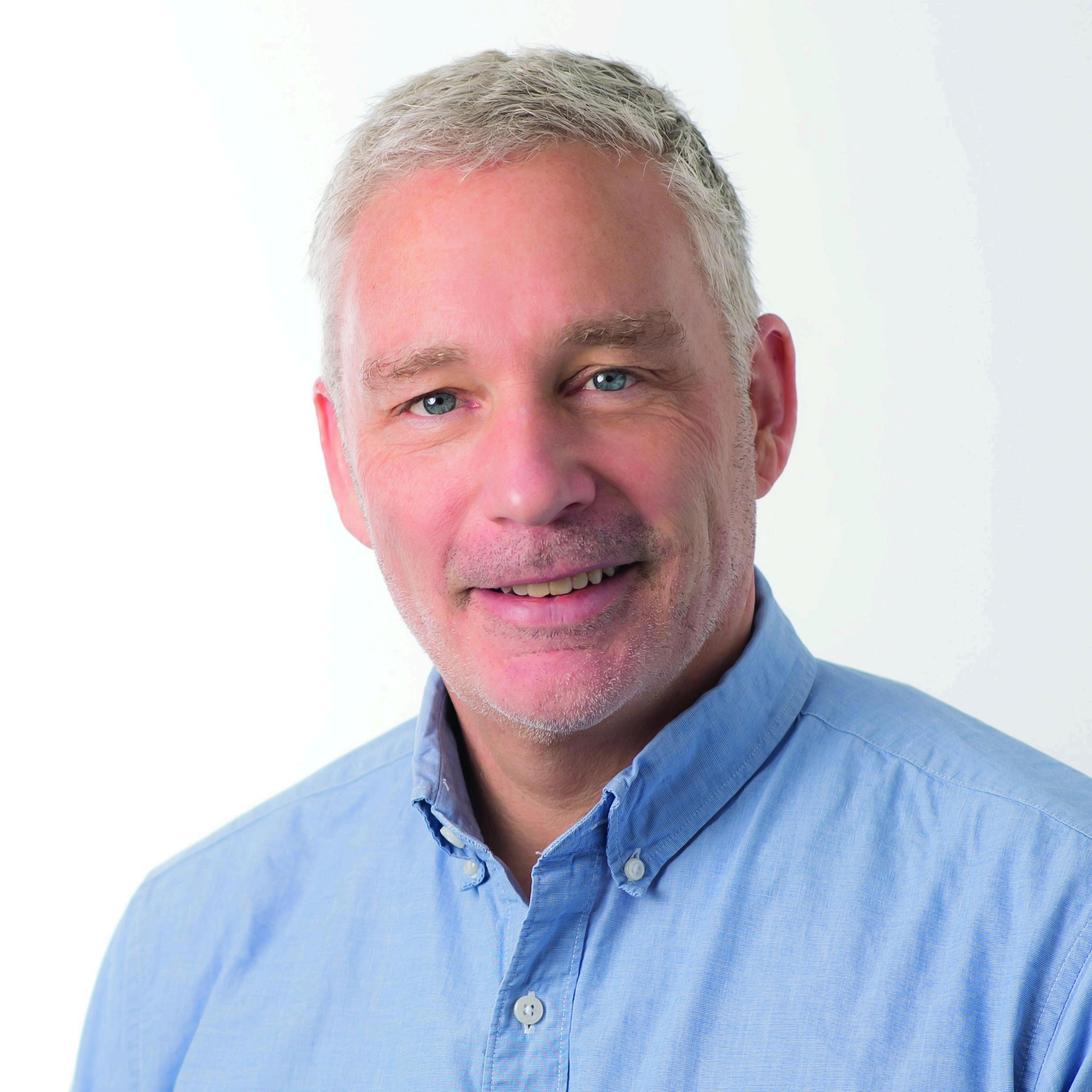
Asmaa Akhtar — Atlantic Fellows for Social and Economic Equity
Program manager (global engagement and impact)
Asmaa oversees the lifelong fellowship strategy and programming. Her overarching aim is to ensure that the program’s Global Atlantic Fellows are strongly connected to each other, the program and the wider Atlantic community, and have access to continuous learning.
Selam Bedada Atlantic Fellows for Health Equity U.S.+Global
Associate program director
Selam manages the overall design and implementation of the fellowship program. She has over ten years’ experience in public health research and health systems strengthening.
Maël Lavenaire Atlantic Fellows for Social and Economic Equity
Maël is a Caribbean and Latin America historian and a research fellow in racial inequality at the LSE International Inequalities Institute, working in the AFSEE program He specializes in a socio-historical approach to social change in the American/Caribbean post-slavery societies from the abolitions of slavery in the 19th century to the present day.
Victor Valcour Atlantic Fellows for Equity in Brain Health
Site director, UCSF, U.S.
Victor works to position the Global Brain Health Institute as a leader in global brain health. He works with the Atlantic Fellows for Equity in Brain Health as they return to their home communities to enhance the collective success of the institute and the Fellows.

Atlantic Institute Staff
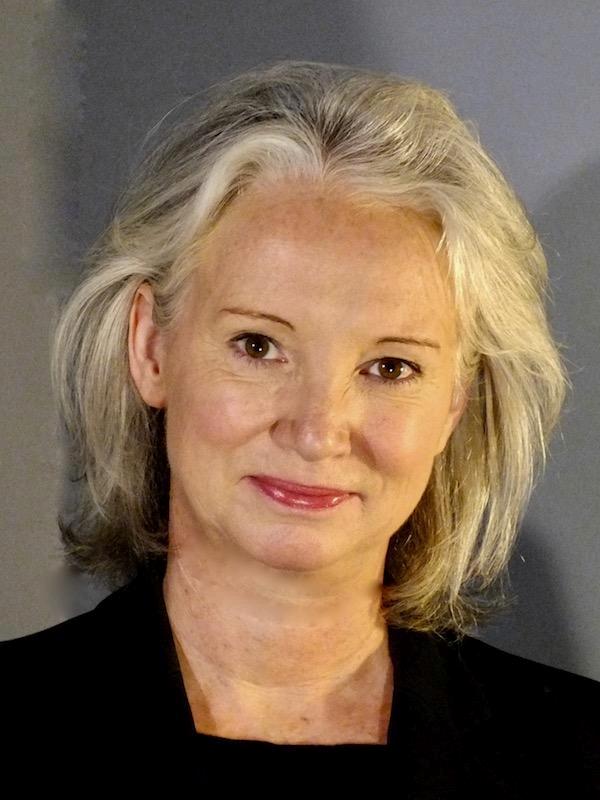
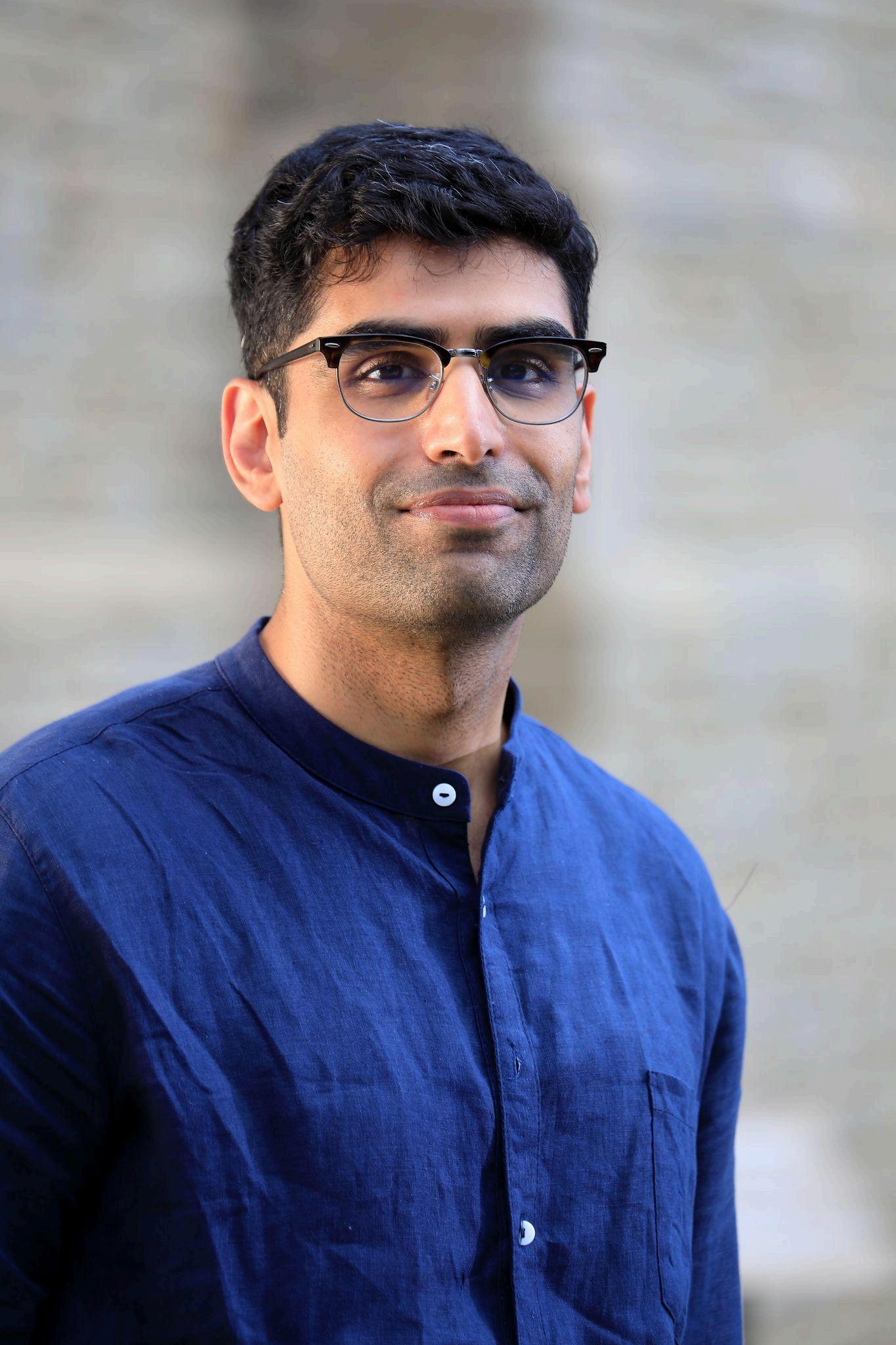

Katherine Bond Partnerships lead
Katherine is responsible for building effective strategic relationships with values-aligned organizations to mutually enhance knowledge, capability and impact.
Khalil Goga Associate executive director (community engagement and programming)
He previously served as the director of dialogue and advocacy at the Nelson Mandela Foundation in Johannesburg where he was also a senior director with the Atlantic Fellows for Racial Equity program.
David Mallinson — Team coordinator (events).
He provides operational and administrative support to ensure the smooth running of meetings,events and special projects at the Institute. He previously worked as an Events Officer at Oxford Brookes University and was previously a primary school teacher.

Deepa Mann-Kler XR lead (covering parental leave)
Deepa is an award-winning visual artist, author and chief executive of Neon, a health technology company. She is a visiting professor in mmersive futures at Ulster University, Northern Ireland. She serves as a on-executive director with the General Medical Council, Public Health gency and Equality Commission. She is a thought leader and TEDx peaker.

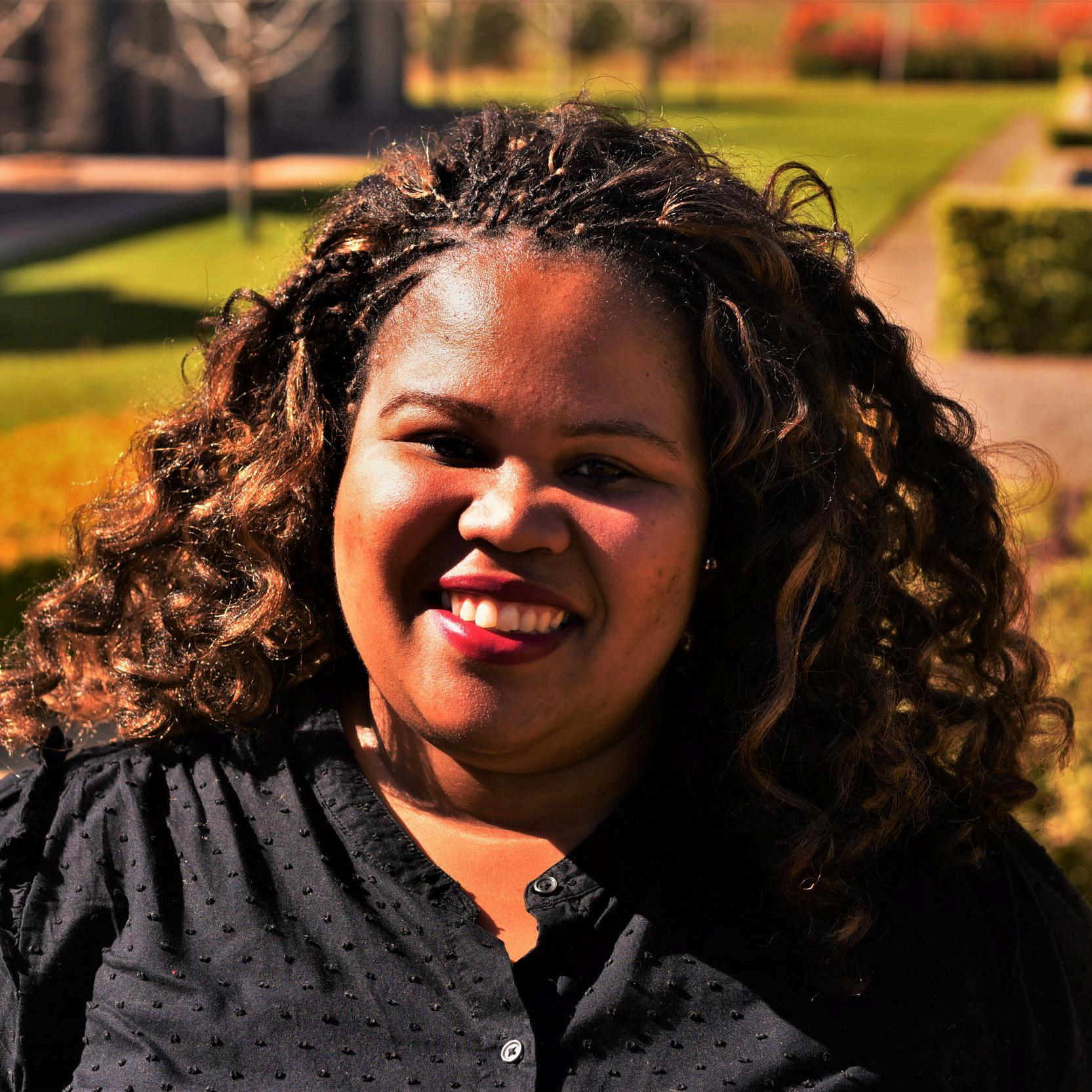
Patronella Nqaba Program and impact lead
Patronella focuses on supporting regional and continental efforts in Africa, but is also working to build a strongly connected lifelong global community of Global Atlantic Fellows and program staff. She was previously a network director with the Atlantic Fellows for Racial Equity.
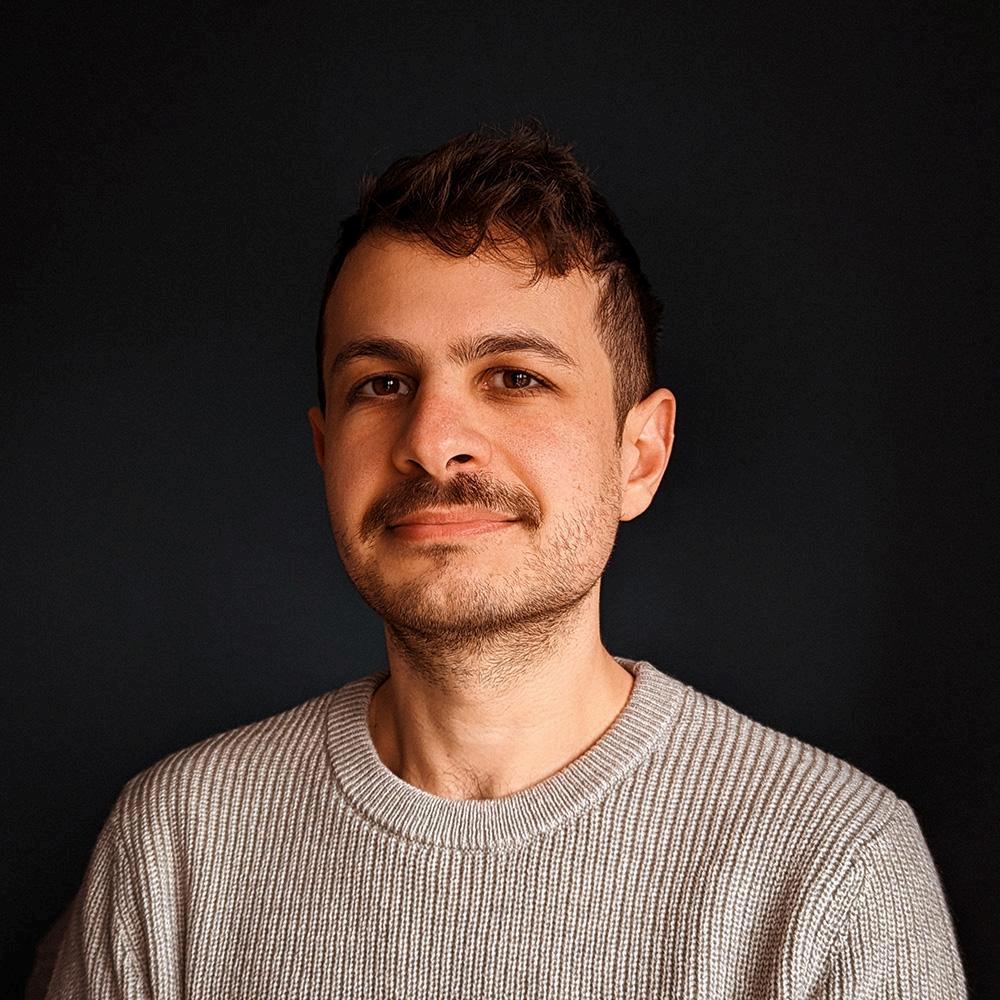

chard Smith XR specialist
chard is responsible for running the XR (Extended Reality) Lab in Rhodes use, Oxford, which involves technical workshops, managing the uipment loan store, research and development projects and using XR to eate experiences that can further the equity missions of Fellows.
Fionnuala Sweeney Multimedia editor
As the multimedia editor at the Atlantic Institute, Fionnuala is involved in filming the convening She brings editorial guidance to the Institute team, producing multimedia tools amplifying the work of Global Atlantic Fellows.


Our Facilitators
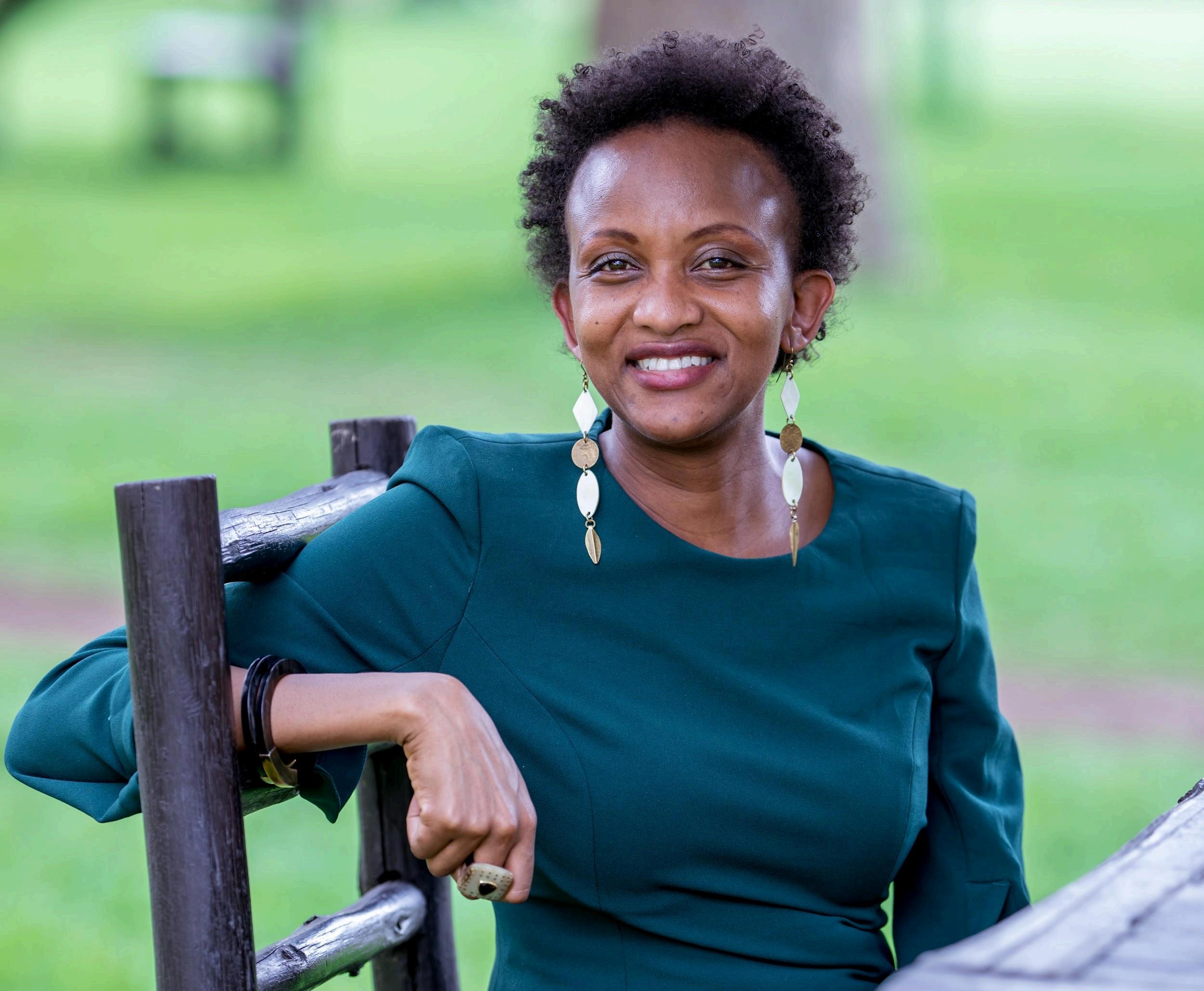
Wangeci Gitata-Kiriga
lawyer by training and a women’s champion, she has focused her energy ver the last 10 years on rural livelihoods and improvement through ertification and trade across Africa. She was part of the senior leadership f Fairtrade in Africa. A market systems development expert, Wangeci has een first-hand the difference that fair pricing and inclusive business models can have on farming communities and supply chains. A former irTrade Advocacy Organisation board, based in Brussels, and a board representative of Common Cause Georgia,U.S. Wangeci is currently vice chair of New Faces New Voices (Kenya Chapter), a mentor for Girls 4 Girls, and a board member (Kenya) and founder of Kijani Group. She also recently launched the Revolutionary Coffee brand in Kenya.
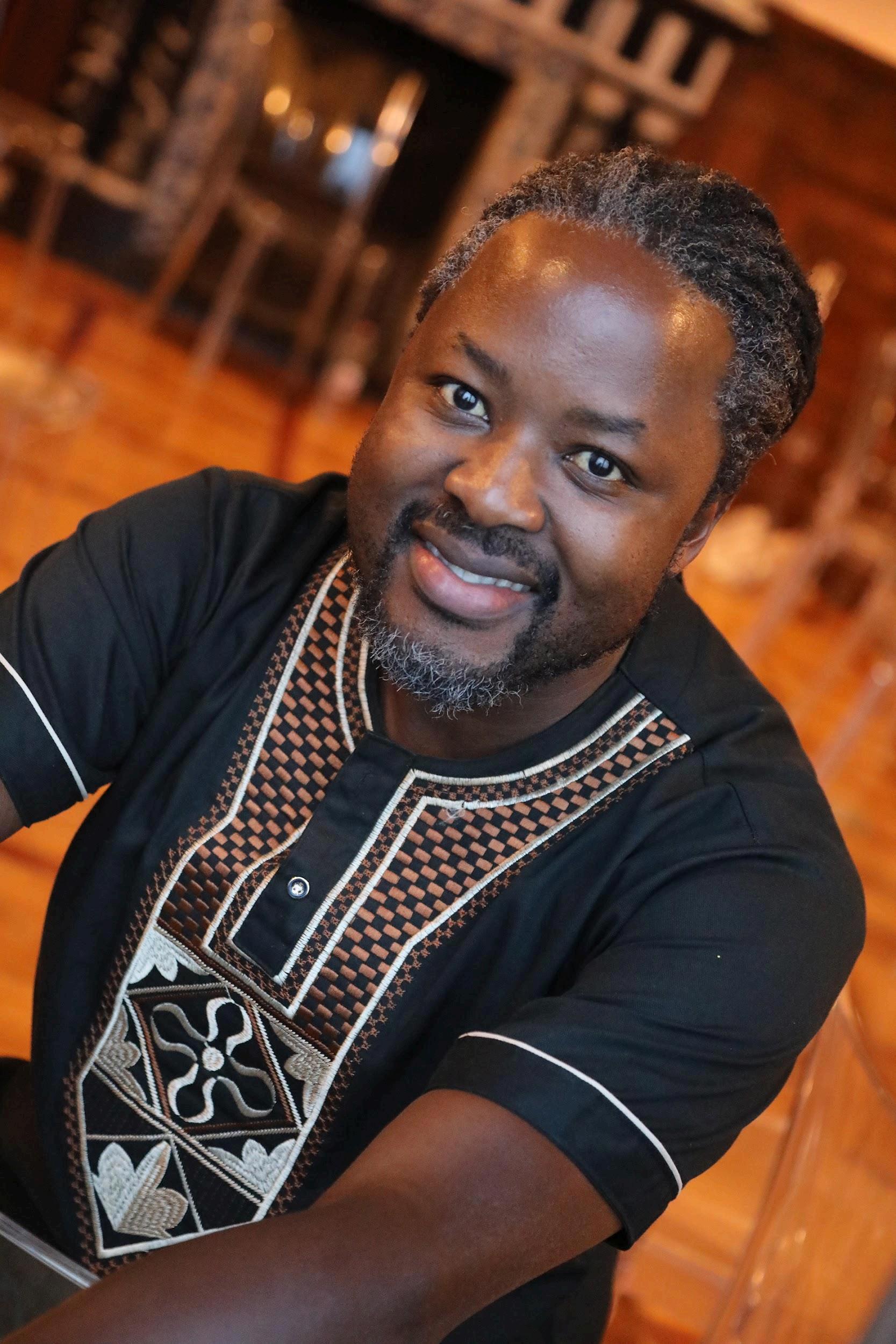
Patrick Mpedzisi is an organizational development consultant, trainer and facilitator with over 22 years experience in the development sector. Patrick has worked extensively with non-profit organizations, development partners, governmental and intergovernmental bodies in Africa, located at different times in Kenya, Zimbabwe and South Africa. During this time, he opened different processes for civil society organizations, including the African Union, Pan-African Parliament, African Peer Review Mechanism, and Southern Africa Development Community to engage regional processes.
d major civil society projects, led regional campaigns and built civil society continent furthering their goals and objectives. His focus areas include nt, corporate governance, sustainability planning, resource mobilization, advocacy strategizing and training, and monitoring and evaluation. A lawyer, he is part of the Transformation Thinkers, the BMW Responsible Leaders Network, Global Leadership Academy, Bosch Alumni Network as well as being a global diplomacy leader (where he is currently a member of the Elected Advisory Council). Patrick worked as coordinator of the African Democracy Forum, project coordinator at Southern Africa Trust and at the African Youth Parliament. He was a board member and founder of the Africa Youth Trust and served on the Youth Advisory Board for CIVICUS. He is the current secretary general of the Zimbabwe Evaluation Association and a co-founder of Nahari Africa.


Useful information for your trip
STAYING IN CONTACT
The Atlantic Institute team would like to ensure that your stay is as comfortable as possible. For any assistance you require, all staff members are available via WhatsApp.
David Mallinson (MAIN CONTACT) — email: david.mallinson@atlanticfellows.org/or WhatsApp:+44 7342703978
Patronella Nqaba — email p.nqaba@atlanticfellows.org/ or WhatsApp: +27 78 518 7688
In the first instance, please connect with David Mallinson from the Atlantic Institute on WhatsApp unless in an emergency; or email him on: d.mallinson@atlanticfellows.org.
WhatsApp can be downloaded on an Android, iPhone, MacWindows PC and Windows Phone.
A WHATSAPP GROUP
This group will be created to allow us to keep in touch with each other in the run up to the convening and afterward too — if you would like to keep in touch with one another The WhatsApp link is https://chat.whatsapp.com/FYrGqjXwIULImRpP7kQ7cD
Free WiFi is available at the airport once you have landed. The hotel has stable WiFi connections.
If you require a SIM card for your mobile phone, we recommend that you buy one at airport arrivals you will be required to present your passport. If you would like to buy a SIM card outside of the airport, you will need to provide a passport and proof of residence (a hotel booking confirmation will usually suffice). Under Kenyan law, all SIM cards must first be registered before they can be activated. Mobile phone networks offer a pay-as-you-go option for airtime and data. This means that you should be able to top up your cell service by purchasing vouchers at various stores during your stay.

TRANSPORT AND ACCOMMODATION
Take Two is making all of the flight arrangements. For those arriving by air, transport from the airport to the hotel will be arranged by Eland & Space Limited. Transfer details will be emailed to you separately. The driver will be waiting for you at airport arrivals holding an Atlantic Fellows logo You will be expected to sign a “pick-up” list before boarding the vehicle
If you are unable to find the driver or if you experience any delays: contact Isaac Githinji at +254 716 612 551 or Elizabeth Duncan at 0720 828 574 or Charity Barasa at +254 712 768 472 or the driver directly on the numbers below:
Drivers:
Eliakim Nyamanga: 0720795402 Kelvin Mwangi:0701775788
Or email: elizabeth@elandandspace.com also copying imuchiri@ipfglobal.or.ke or cbarasa@ipfglobal.or.ke
Your accommodation has been booked for you at the hotel below:
HOTEL ADDRESS:
Safari Park Hotel & Casino, Kasarani, Thika Road Nairobi, Kenya
HOTEL CONTACT
Joshua Kiptarus Reservations Officer: 020 3633000 / 020 3633311
PER DIEM AND MEALS
You will have received a per diem payment into your bank account or B4B card, which is for any self-organized meals and a contribution toward airport transfers from your home to the airport and return. The total amount is calculated at a rate of £25 (KES 4134.94) for dinner and £15 (KES2480.96) for lunch, following the Institute’s Travel Policy. Breakfast is included with your room. The hotel restaurant is open 24 hours a day. Most of your meals will be arranged and paid for by the Atlantic Institute, except suppers on May 21 and May 24. For these meals, you can use your per diem.

CLOTHING FOR THE TRIP
The convening is an informal space, so we encourage you to dress in whatever is comfortable. Temperatures might drop during the week and we might have rain showers, so warm clothes are highly encouraged. There will be movement sessions as part of the programming, so please wear clothing and shoes that you can move around in with ease and comfort
You can see from the hotel website that its facilities include a gym and pool, so if you want to use these facilities during your stay, please bring swimwear and sportswear.
You may want to opt for a smart-casual dress code when we have the welcome dinner at Fogo Gaucho restaurant.
The visit to the Feminist for Peace Rights and Justice Centre is in an area called Kibera. Please wear closed-toed shoes suitable for walking over uneven surfaces. It is best to leave valuables like jewelry and cameras in your hotel room.
The temperatures in Nairobi the week of the convening will range from 13 to 27 degrees Celsius (55-80 degrees Fahrenheit). The days will be generally cloudy and there may be occasional rain showers.
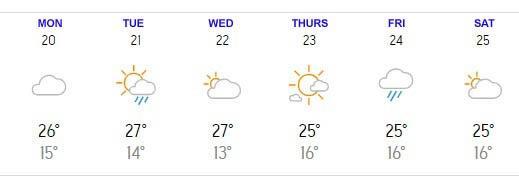
HEALTH CARE
We expect all Fellows to be fully present at the convening, however, we understand that in certain instances this may not be possible due to sickness, mental health or other conditions. Fellows displaying symptoms of illness should remain in their rooms. Please contact Patronella if you are unable to attend a session or if you need medical support.

EMERGENCIES
Safety is a concern in Nairobi so please be vigilant. Be careful about which areas you go into and watch your belongings. If you have any concerns, you can inform the Atlantic Institute team or the hotel staff, who will try to assist in the best way possible.
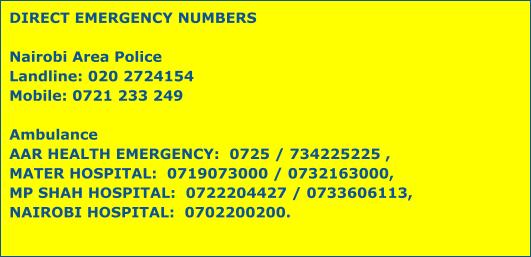
HOSPITALS NEAR THE HOTEL
Ruaraka Uhai Neema Hospital: Distance from hotel:1km; a 9-minute drive. Location: Opposite Safari Park Hotel, Thika Road. Tel.: 020 253 5326
Aga Khan University Hospital – Thika Road Medical Centre: Distance from hotel: 9-minute drive; Location: First Floor, Akai Plaza, next to Mountain Mall, off Thika Road. Tel.: +254 780 419 037
Private Hospitals
Aga Khan University Hospital: Distance from hotel: 13 km, 21-minute drive; Location: 3rd Parkland Avenue; Tel.: 020 366 2000
MP Shah Hospital: Distance from hotel: 13.9km, 20-minute drive; Location: Shivaji Road; Tel.: +254 733 606 113
The Nairobi Hospital: Distance from hotel: 16km, 24-minute drive; Location: Argwings Kodhek Road; Tel.: 020 284 5000

TRAVEL INSURANCE
All travelers to the Africa Regional convening will be covered by the Rhodes Trust travel insurance policy provided by AIG Insurance. However, this cannot be used to make small claims for flight or luggage delays, or costs associated with immediate minor medical treatment.
All Fellows are, therefore, advised to obtain a suitable single-trip travel insurance policy to cover them for their trip to Kenya.
Travelers should ensure that they have adequate travel insurance before they travel. This may be provided by their company, bank, or university, so check with them in the first instance. Otherwise, Fellows must purchase their own travel insurance policy. The Atlantic Institute will support you with up to 50 GBP for these costs which will be added to a per diem for incidentals and travel costs. Please note that the per diem has been paid already. Insurance is limited to standard travel insurance. Please contact David Mallinson if you have difficulties.
DOCUMENTATION AT THE AIRPORT
You may need to prove that you have a valid reason for entering Kenya to an immigration officer at border control. You may also be requested by airline staff at check-in to provide additional documentation to support your case, so please keep a printed copy of:
● Your return airline ticket.
● Proof of accommodation.
● Bank statements that show you have sufficient funds for the duration of the stay Please contact Patronella Nqaba as soon as possible if this is a concern and we will arrange additional paperwork for you. All such information from you will be kept confidential.
● Your passport must be valid for at least six months before the date of return and must have three blank pages.

In and around Nairobi
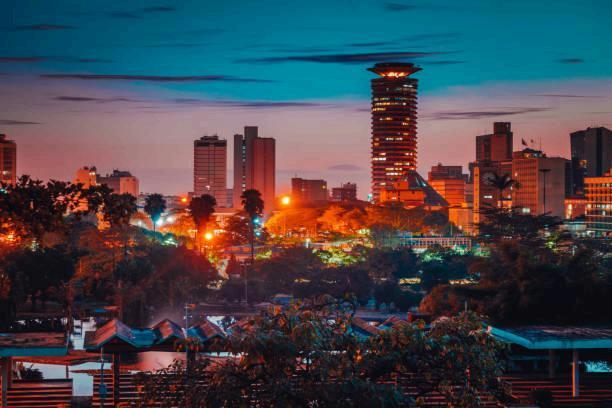
A STORY OF NAIROBI
Nairobi was founded in 1899 as a British colonial railway depot on the East African Railway line during the construction of the Uganda Railway. The site was chosen due to its central location between the port city of Mombasa and the inland of Uganda. The name "Nairobi" is derived from the Maasai phrase "Enkare Nairobi," which translates to "cool water" or "place of cool waters," referring to the Nairobi River that flows through the area. Initially, it was a swampy area inhabited by Maasai pastoralists, but with the establishment of the railway depot, Nairobi began its journey to become the capital city of Kenya and a major economic and cultural hub in East Africa.

Situated in the heart of the country, Nairobi is a melting pot of cultures, languages and traditions, reflecting the diversity of its people and the rich tapestry of its history. Nairobi, the vibrant capital city of Kenya, stands as a testament to the nation's rich history, diverse culture, and promising future. From its humble beginnings as a railway depot to becoming one of Africa's major economic hubs, Nairobi has evolved into a bustling metropolis that embodies the spirit of innovation and resilience.
During the British colonial era, Nairobi grew rapidly, becoming the capital of British East Africa in 1905. The city expanded as administrative offices, businesses and residential areas were established. However, segregation policies were enforced, with Europeans occupying the most desirable areas, whereas Africans and Asians were confined to designated neighborhoods. Independence in 1963 marked a turning point for Nairobi. With Kenya gaining self-rule, the city underwent significant changes, experiencing rapid urbanization and population growth. Nairobi emerged as a symbol of Kenya's aspirations for progress and development, attracting people from across the country and beyond.
Today, Nairobi’s skyline is adorned with modern skyscrapers, juxtaposed with sprawling informal settlements that house a significant portion of the population The city's diversity is reflected in its cuisine, music, and arts scene, making it a vibrant cultural hub.
Economically, Nairobi plays a pivotal role in Kenya's growth trajectory. It is the country’s financial, commercial and diplomatic center, hosting numerous multinational corporations, banks and international organizations. The Nairobi Securities Exchange is a key player in the region's financial markets, attracting investors from around the world.
Despite its prosperity, Nairobi faces challenges typical of many African cities. Urban sprawl, inadequate infrastructure and traffic congestion are persistent issues. Informal settlements, such as Kibera and Mathare, lack basic services like clean water, sanitation and proper housing, highlighting the socioeconomic disparities that exist within the city. Efforts to address these challenges are underway. Urban renewal projects aim to improve infrastructure, upgrade slum areas and enhance the quality of life for residents. Initiatives to promote entrepreneurship and innovation have led to the emergence of tech hubs and startup incubators, positioning Nairobi as a leader in Africa's digital economy.
Nairobi's allure extends beyond its urban landscape The city is surrounded by natural beauty, with Nairobi National Park offering a unique wildlife experience just a stone's throw away from the bustling city center. People can also explore cultural landmarks such as the Karen Blixen Museum and the Nairobi National Museum, which showcase Kenya's rich heritage.

Nairobi Travel Guide
DINING OUT
About Thyme: An al fresco dining experience within the city in a lush, sunken, multi-level garden setting, located on Eldama Ravine Road. Tel: +254 721 850 026
Mercado Mexican Kitchen: A blend of Mexican and Kenyan flavors and located at Kenrail Towers, Terrace (T-floor), South Wing, Mkungu Close, Westlands. Tel: +254 700 245 795
The View: A revolving restaurant offering panoramic views of Nairobi whilst enjoying Swiss specialties, located at Movenpick Hotel, Mkungu Close, Westlands. tel: +254 709 559 000
Nairobi Street Kitchen: A collection of restaurants with over 11 unique zones inspired by cities around the world on Mpaka Road, Westlands. Tel: +254 707 800 800
Ankole Grill Kitisuru: A warm, authentic, and generous dining experience in the spirit of true African hospitality at 0.6A, Kitisuru Road, Nairobi. Tel: +254 703 212 121
Red Ginger: An Indian restaurant offering a koroga experience (a Swahili word meaning ‘stir’; a Kenyan concept for people to get together and cook their own meal) as well as fine dining. It is located at 2nd Parklands Avenue, Parklands. Tel: +254 768 744 444
SHOPPING
All malls listed below offer grocery stores (Carrefour), clothing stores and restaurants
Garden City Mall: Opening Hours: 9 am–10 pm. Carrefour Opening Hours: 8am–10pm. Distance from Safari Park Hotel a 9-minute drive, 24-minute walk. Location: Thika Road.
Thika Road Mall: Opening Hours: 7:30 am–11 pm. Carrefour Opening Hours: 8 am–10:30 pm. Distance from Safari Park Hotel a 3-minute drive, 16-minute walk. Location: Thika Road.
Sarit Centre: Opening Hours: 7 am–11 pm. Carrefour Opening Hours: 7:30 am–10 pm. Distance from Safari Park Hotel a 23-minute drive. Location: Karuna Road, Westlands.
Two Rivers Mall: Opening Hours: 7 am–11 pm. Carrefour: 8 am–10 pm. Distance from Safari Park Hotel — a 26-minute drive. Location: Limuru Road.

Westgate Shopping Mall: Opening Hours: 8 am–12 am. Carrefour Opening Hours: 8 am–10 pm. Distance from Safari Park Hotel a 25-minute drive. Location: 18 Mwanzi Road.
BARS AND PUBS
Nairobi has a vibrant nightlife. Depending on your interests and the type of experience you want, neighborhoods that we would recommend include Westlands and Lavington.
Geco Café: Mbaazi Avenue off Kingara Road, Lavington; tel.: +254 792 489 449
Kijana Bar: Movenpick Hotel, Mkungu Close, Westlands; tel.: +254 709 548 000
The Wine & Bottle: Ambience Mall, Ring Road, Parklands; tel.: +254 794 324 666
Crafty Chameleon: James Gichuru Road 159; tel.:+254780662249
The Beer District: Delta Towers, Westlands; tel.: +254713052635
ARTS AND CULTURE
One Off Contemporary: 28 Rosslyn Lone Tree Estate Road; tel.: +254 722 521870
Nairobi Contemporary Art Institute: Rosslyn Riviera Mall; tel.: +254 795 080 000
Circle Art Agency: Riara Road; +254 790 289 991
Kioko Art Gallery: Gedi Road, off James Gichuru Road, Lavington; tel.: +254 746 844 025
MUSEUMS
National Museum of Kenya: Hosting both temporary and permanent galleries that attract learners and tourists alike, with permanent galleries: The Cradle of Humankind; The Story of Mammals; The History of Kenya; Cycles of Life gallery; Numismatic exhibition and Asian African Heritage exhibition gallery. Location: Kipande Road; Opening Hours: 8:30 am–5:30 pm; tel.: +254 721 308 485
Kenya Railway Museum: It narrates the tale of Kenya's evolution. “It is not uncommon for a country to create a railway, but is uncommon for a railway to create a country,” said a senior

British administrator, Sir Charles Elliot, in 1903 Location: Station Road with opening hours: 8 am–5 pm; tel.: +254 709 907 411
Karen Blixen Museum: Built in 1912 by Swedish Engineer Ake Sjogren, Danish author Karen and her Swedish husband, Baron Bror Blixen-Finecke, bought the house in 1917 and developed their 6,000-acre farm, of which 600 acres were used for coffee farming. Location: Karen Road with opening hours: 9:30 am–6 pm; tel.: 020 800 2139
African Heritage House: This museum displays different mud architecture from across Africa. Mombasa Road, Athi River; tel.: +254 721 518 389

THEATERS
All the movie theaters are located inside shopping malls.
Century Cinemax Garden City: Thika Road; tel.: +254 789 042 901
Century Cinemax Two Rivers: Limuru Road; tel.: +254 768 161 439
Century Cinemax Sarit Centre: Karuna Road, Westlands; tel.: +254 768 161 439
Westgate Cinema: 18 Mwanzi Road; tel.: +254 114 133 630

NATURE AND EXCURSIONS
If you would like to travel slightly further, there are several options to see wildlife. Please note, these are located in the outskirts of Nairobi and require additional planning and may also require booking. We recommend you research the options beforehand.
Nairobi National Park: The park is a short drive out of Nairobi’s central business district. Wide open grass plains against a backdrop of the city scrapers, scattered acacia bush play host to a wide variety of wildlife including the endangered black rhino, lions, leopards, cheetahs, hyenas, buffaloes, giraffes and diverse birdlife with over 400 species recorded. Tel.: 0800 497 000
Giraffe Centre: Feed giraffes and get insights into environmental conservation initiatives. Location: Duma Road, Lang’ata. Opening Hours: 9 am–5 pm; Tel.: +254 723 786 165
Bomas of Kenya: Experience the rich diversity of Kenyan traditional music and dance in daily cultural performances. Consists of over 50 dances from different ethnic communities. With live percussion, string and wind instruments, and diverse, authentic and energetic dancing, Bomas Harambee Dancers will take you on a journey through Kenya’s past and present. Location: Lang’ata; Tel.: +254 208 068 400
David Sheldrick Elephant Orphanage: The Sheldrick Wildlife Trust (SWT) is world-renowned for rescuing and rehabilitating orphaned baby elephants and rhinos. Experience an unforgettable hour with the Nursery herd. Location: Nairobi National Park; Tel.: +254 080 0597 000.
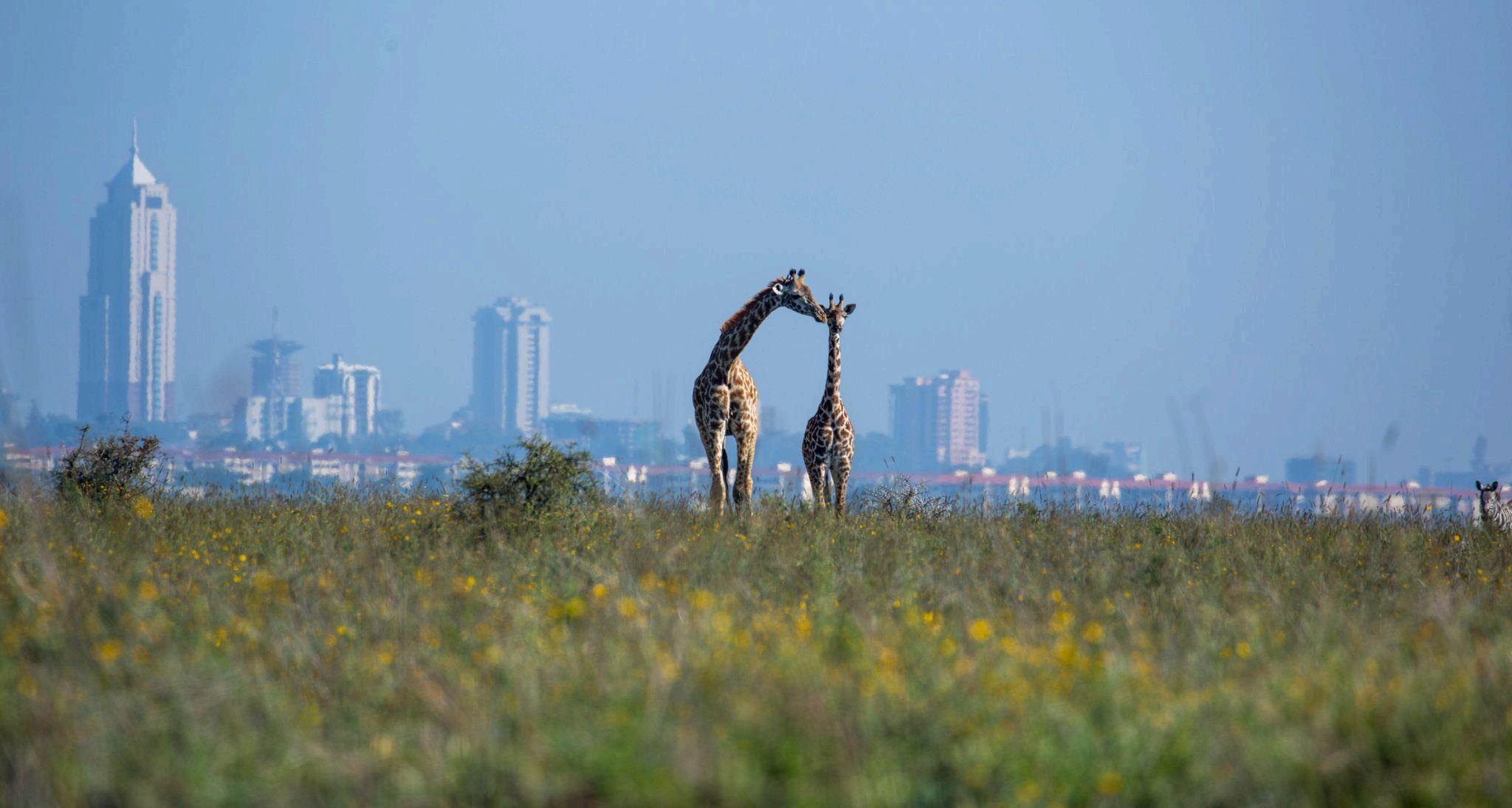

Photography and videography
Photography and filming will be taking place at various points during the week. As part of completing the travel form, you indicated your preference to be included in this If you have changed your mind, please email Fionnuala Sweeney
Your outputs
You may be asked to share your experience of this convening with the global Atlantic Fellows community and the wider public. A program staff member may contact you to request a blog, record an audio blog, or take photos or a video selfie. We would love you to volunteer for the above too. If you want to offer a written piece or other output, please contact one of the program staff onsite.
The Hub and social media
Use the Atlantic Fellows Hub to connect and collaborate with other Atlantic Fellows, and the program staff and the Atlantic Institute team. Share messages about the convening with the community. Be sure to follow @atlanticfellows on Facebook, X Twitter, LinkedIn and Instagram to stay up to date with all the exciting things happening at the Atlantic Institute. We encourage you to post photos on social media while you are at the convening, but make sure that everyone who appears in your photos has given their permission beforehand.
Data management
All personal information provided will be stored and processed by the Atlantic Institute in line with our Privacy Policy and the GDPR principles. When you submitted your application to participate in this event you agreed that you have read and understood the Atlantic Institute’s Privacy Policy on how we collect and use your information to administrate, research, communicate, build and support the global Atlantic Fellows Community.
We should communicate with you if there are any recordings taking place on the event so you can make an informed decision about whether and how you wish to participate.
If you have any questions, comments or concerns about how your data will be managed, please contact Daniel Salazar, Data Insight Lead.

About the Atlantic Institute
The Atlantic Institute was established in 2016 with the support of The Atlantic Philanthropies, and in collaboration with the Rhodes Trust, Oxford (UK). The Atlantic Institute vision is to harness the collective power, leadership and creativity of the Atlantic community, building a flourishing ecosystem of global changemakers who connect and collaborate across borders, developing (k)new perspectives, knowledge and skills in order to build equitable organizations, communities, nations and a more just world.
See the website

